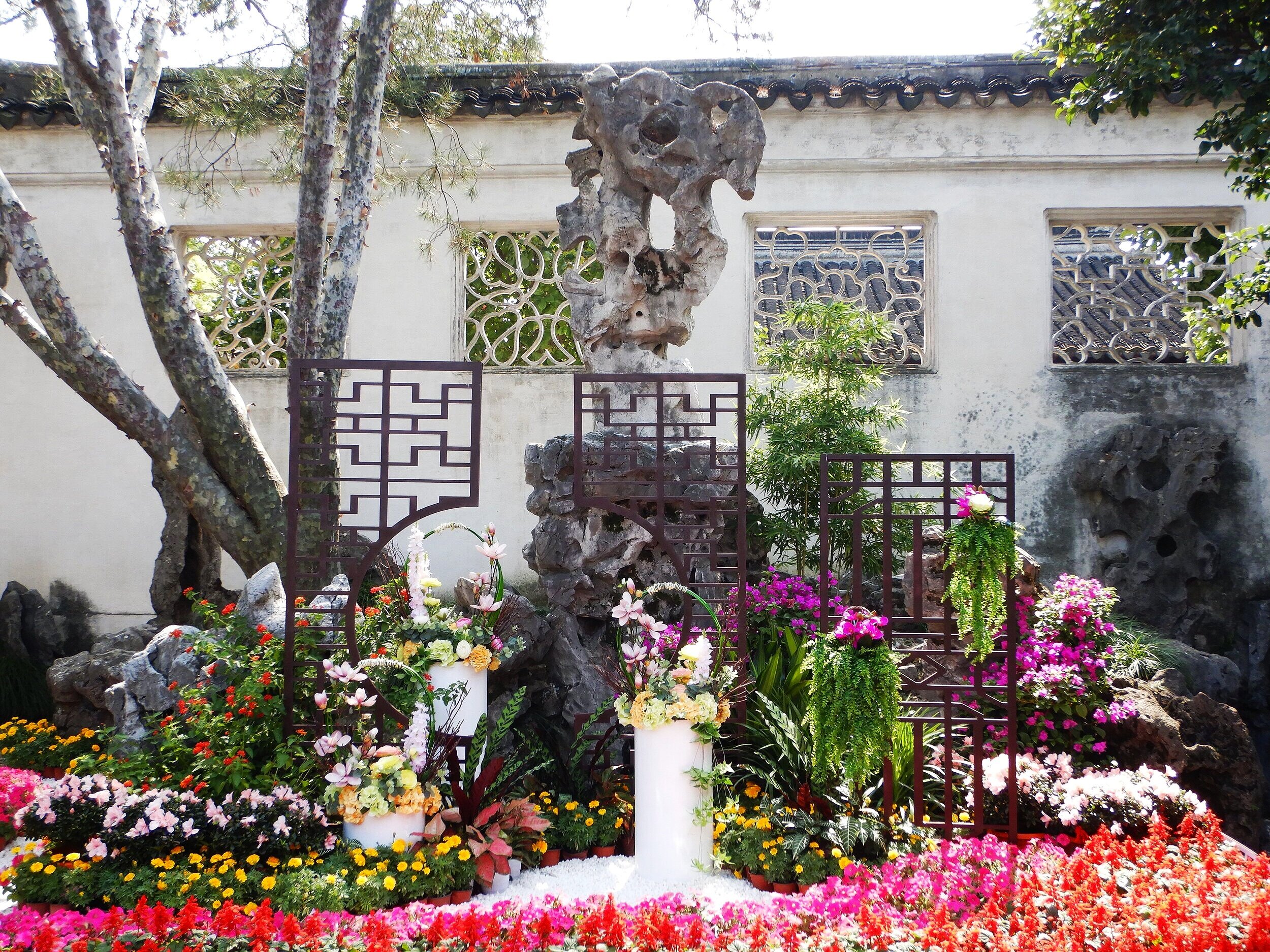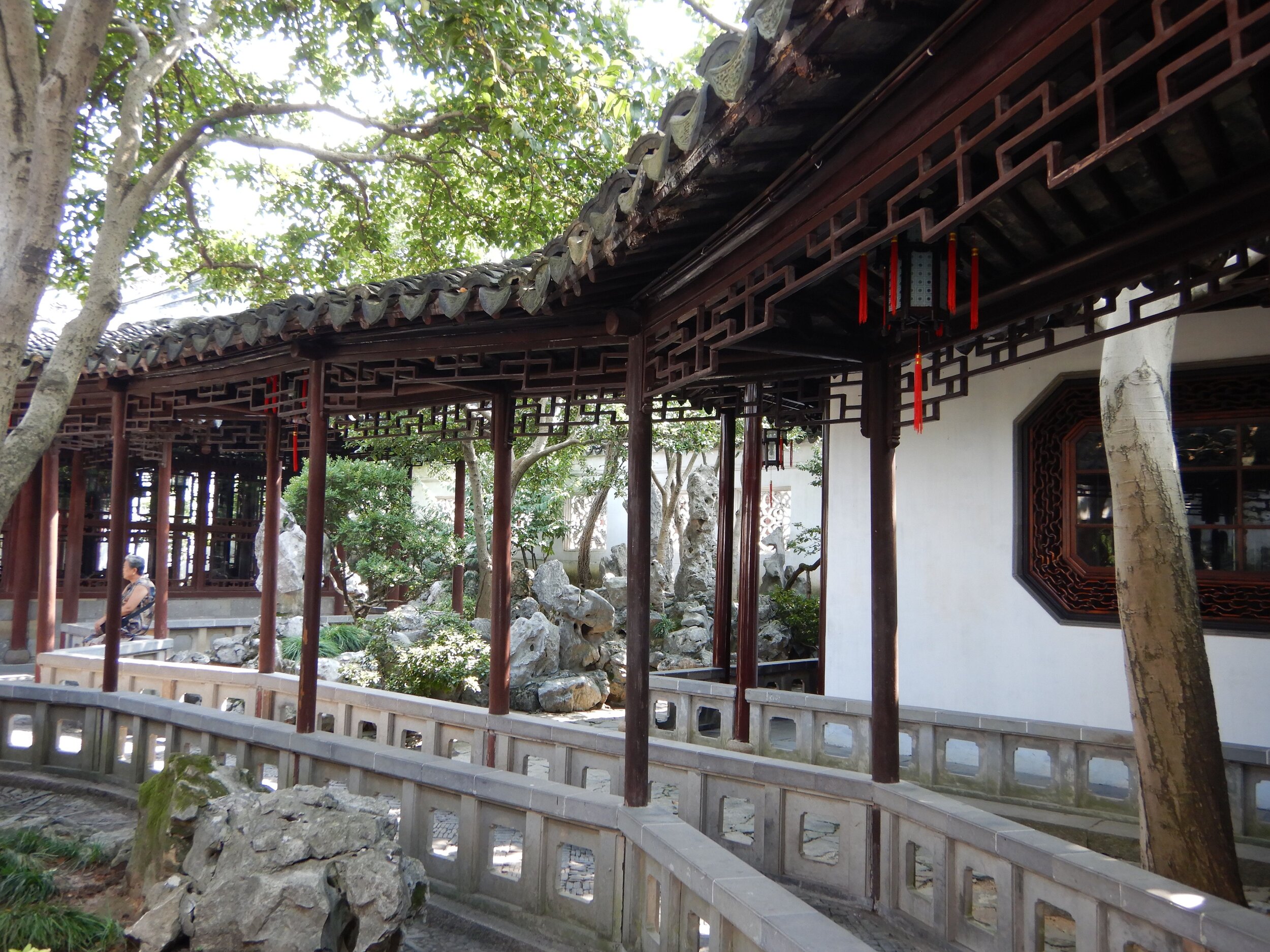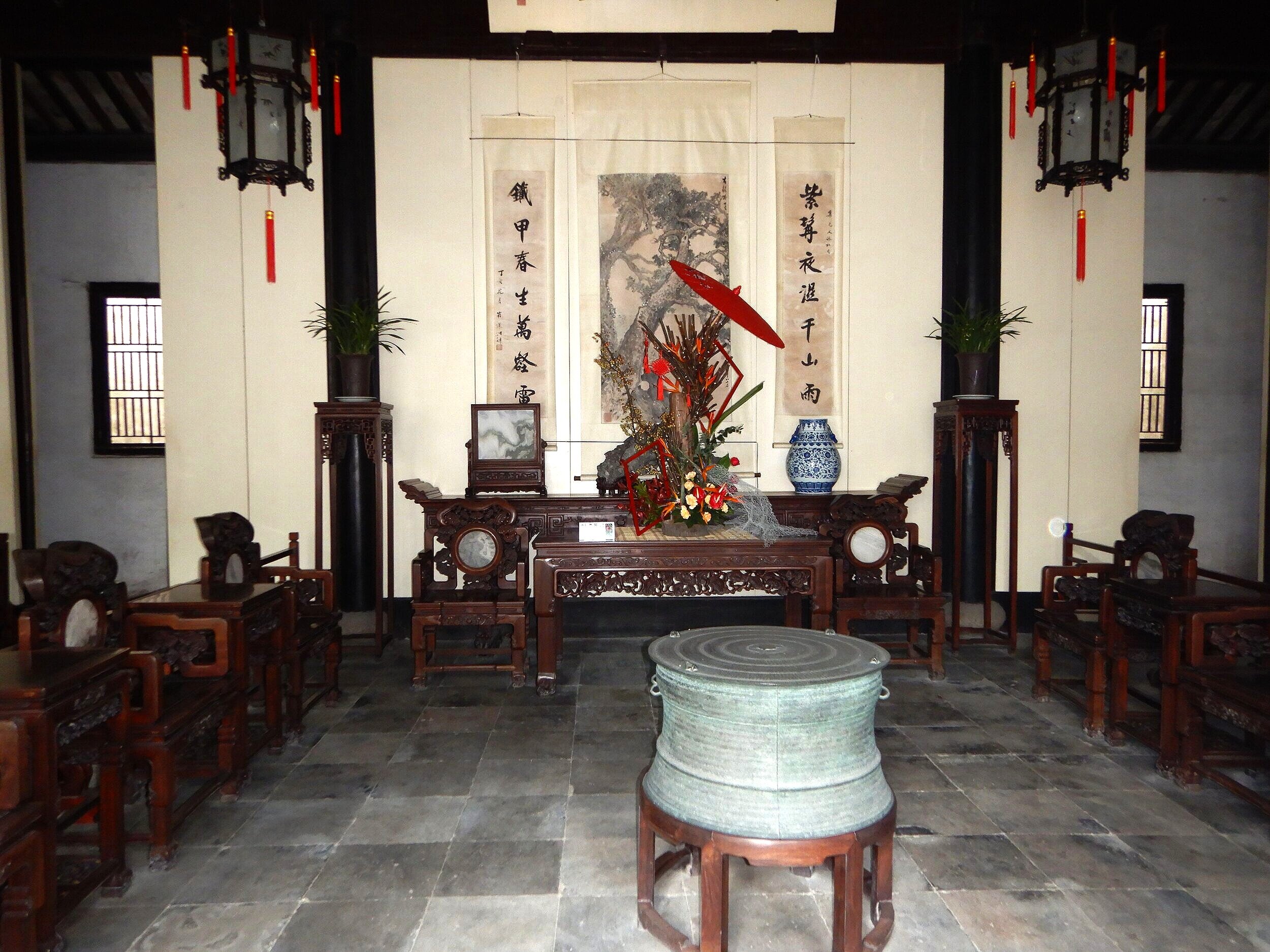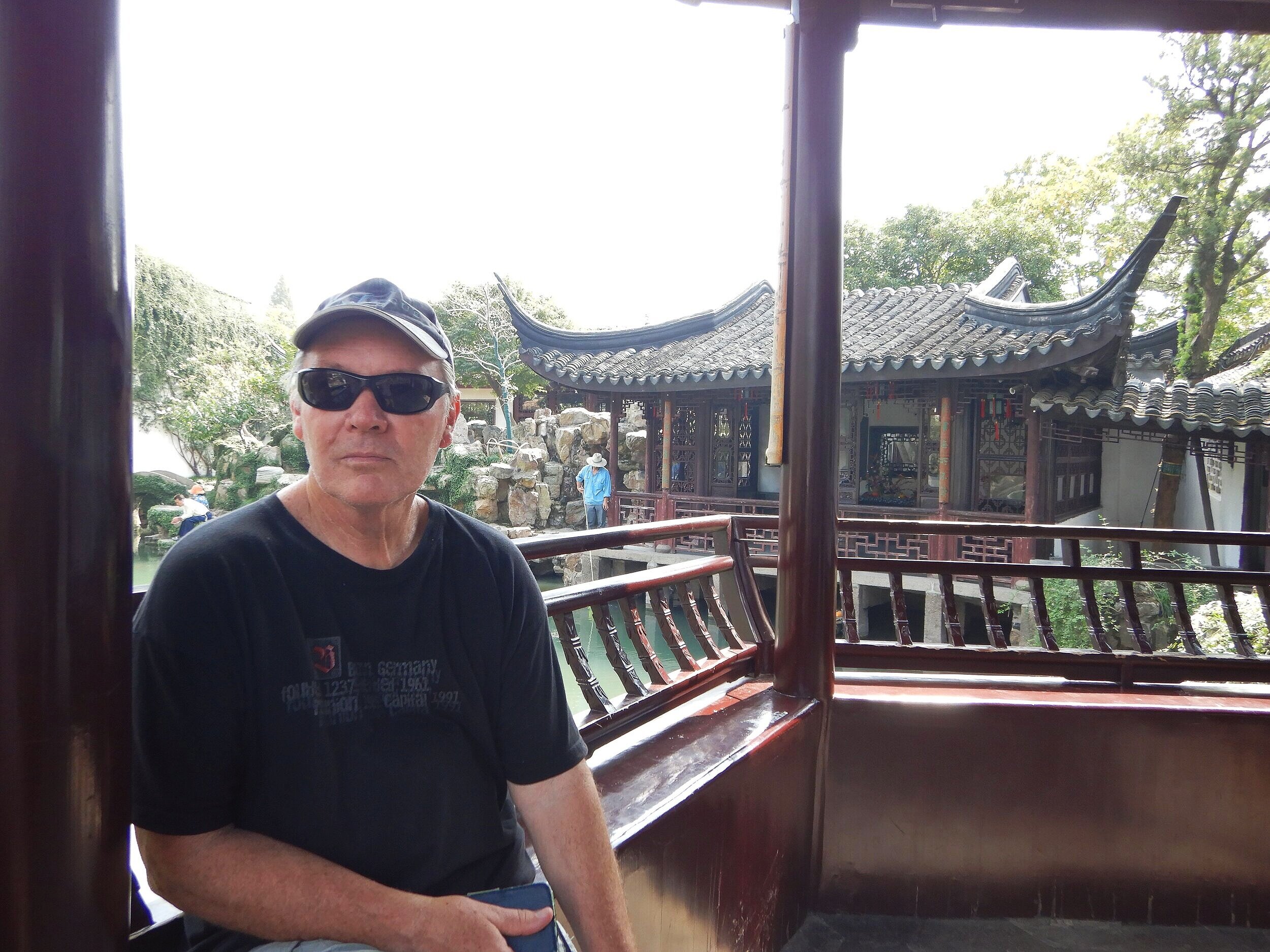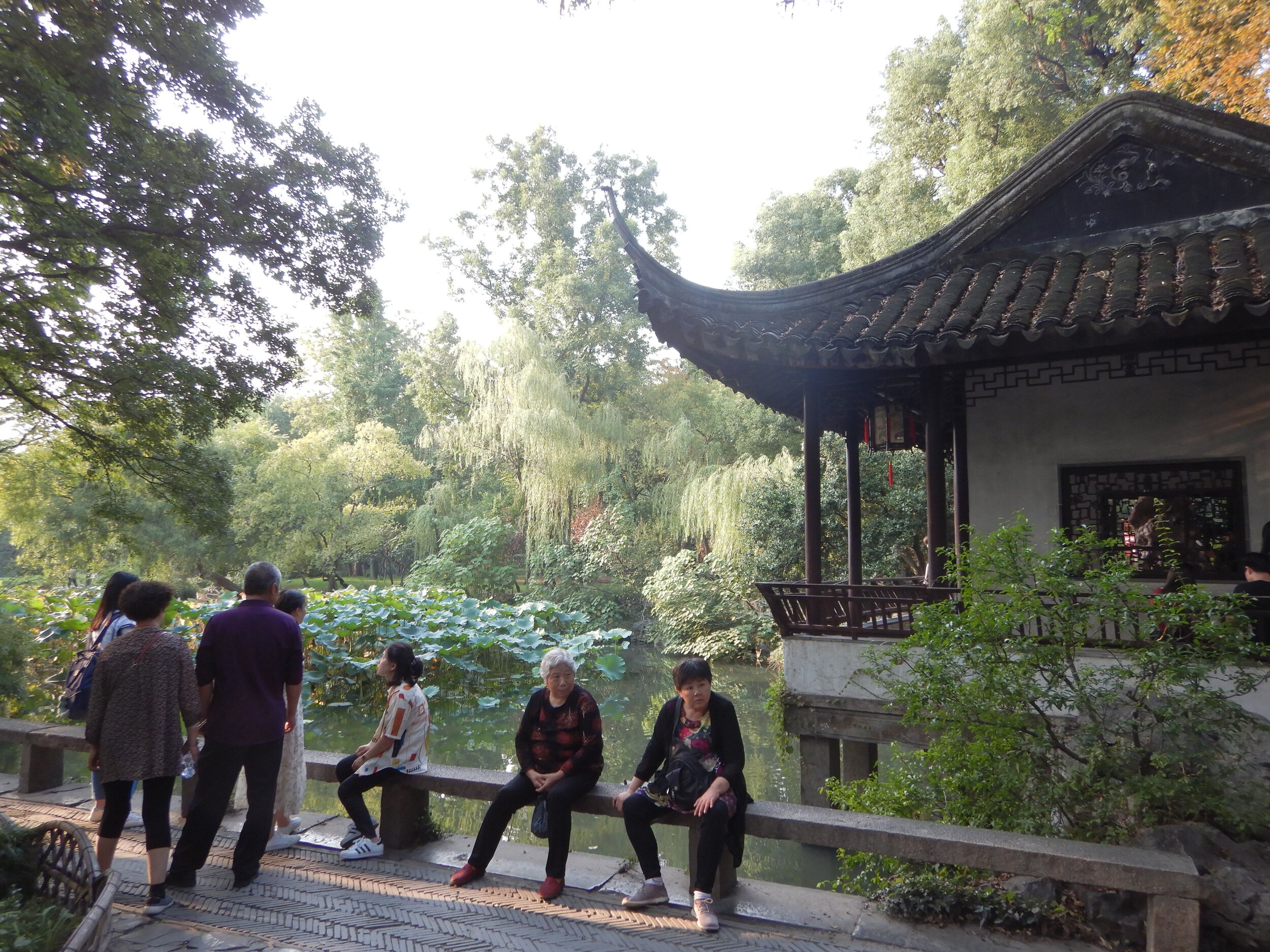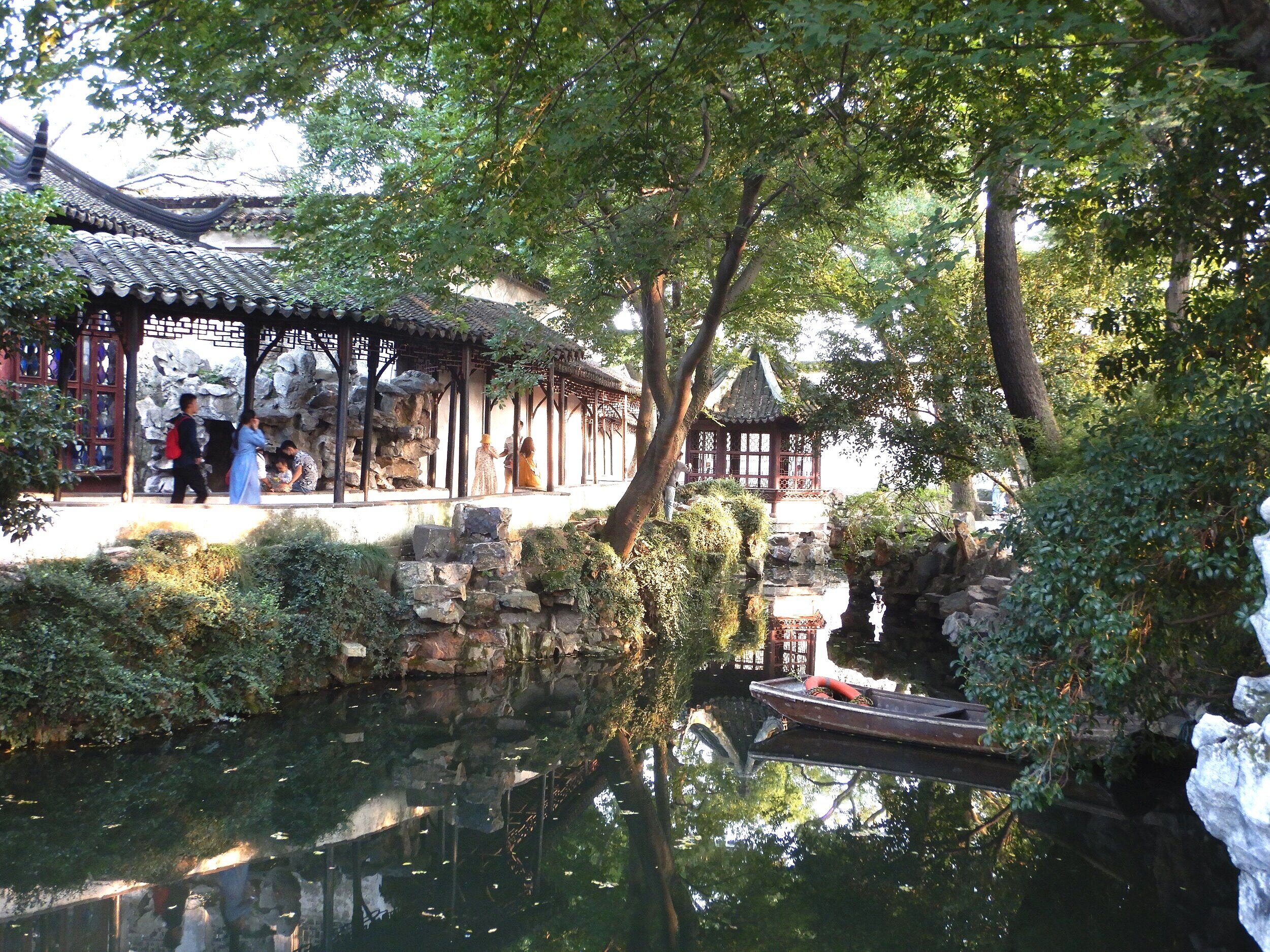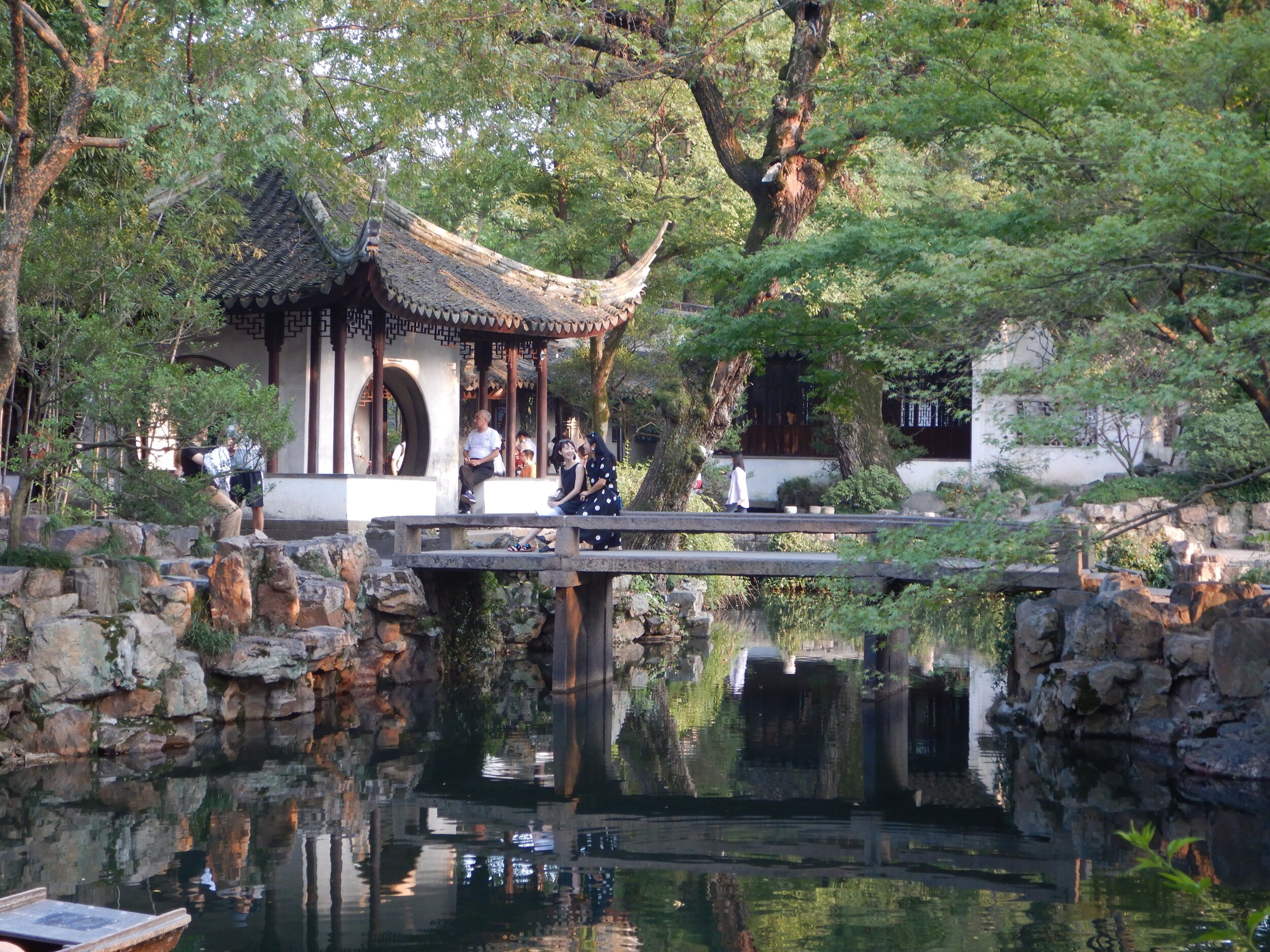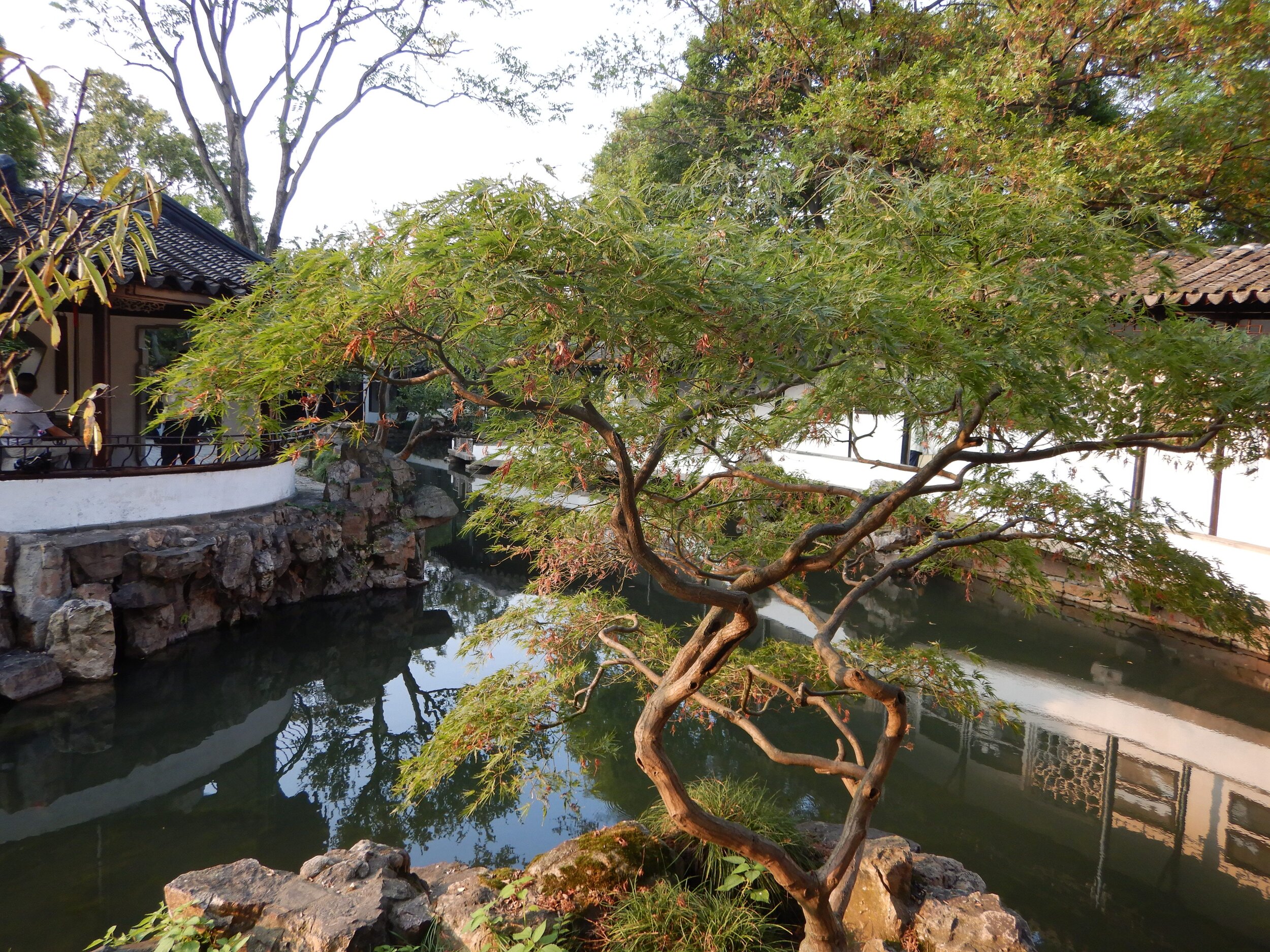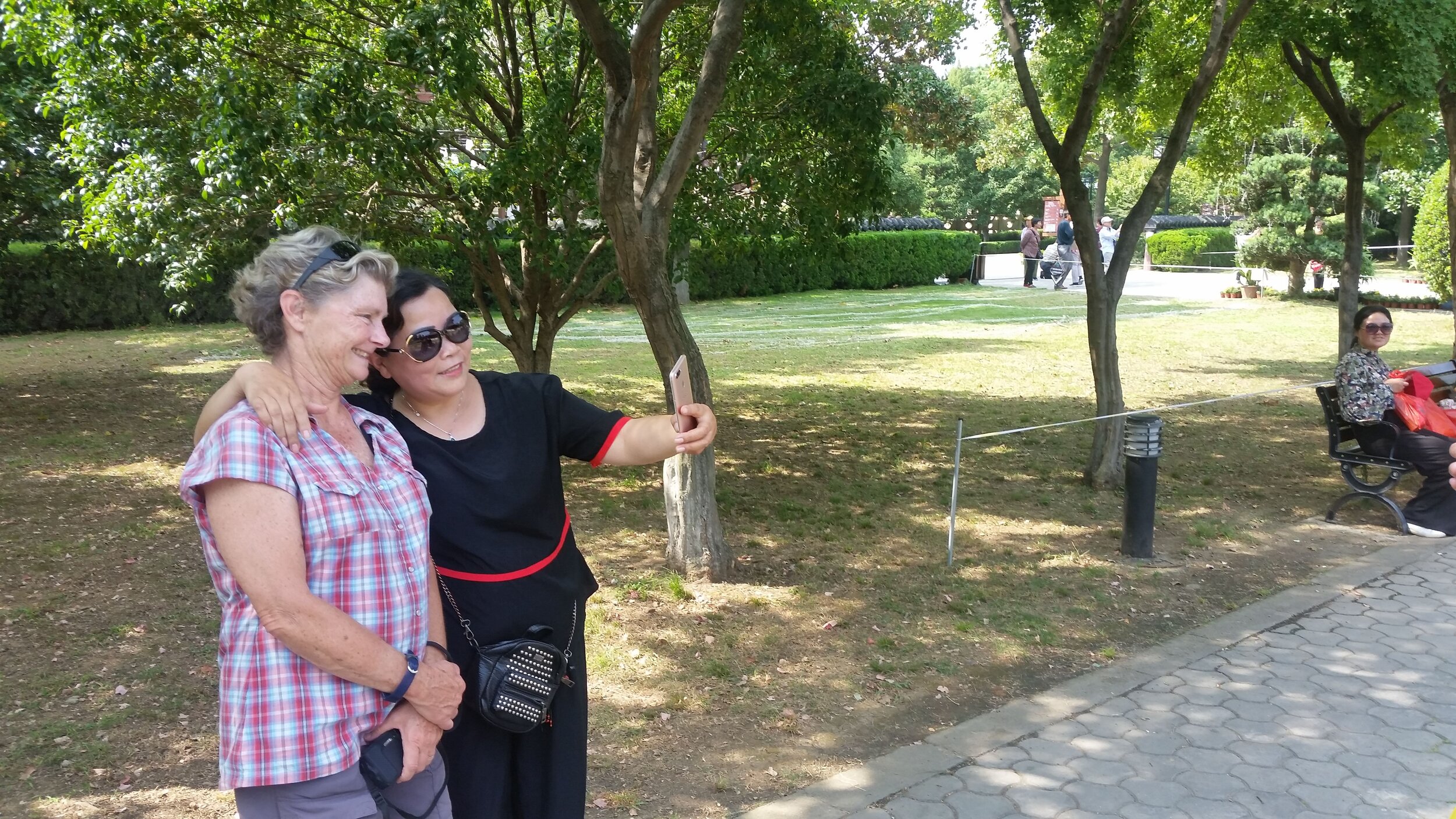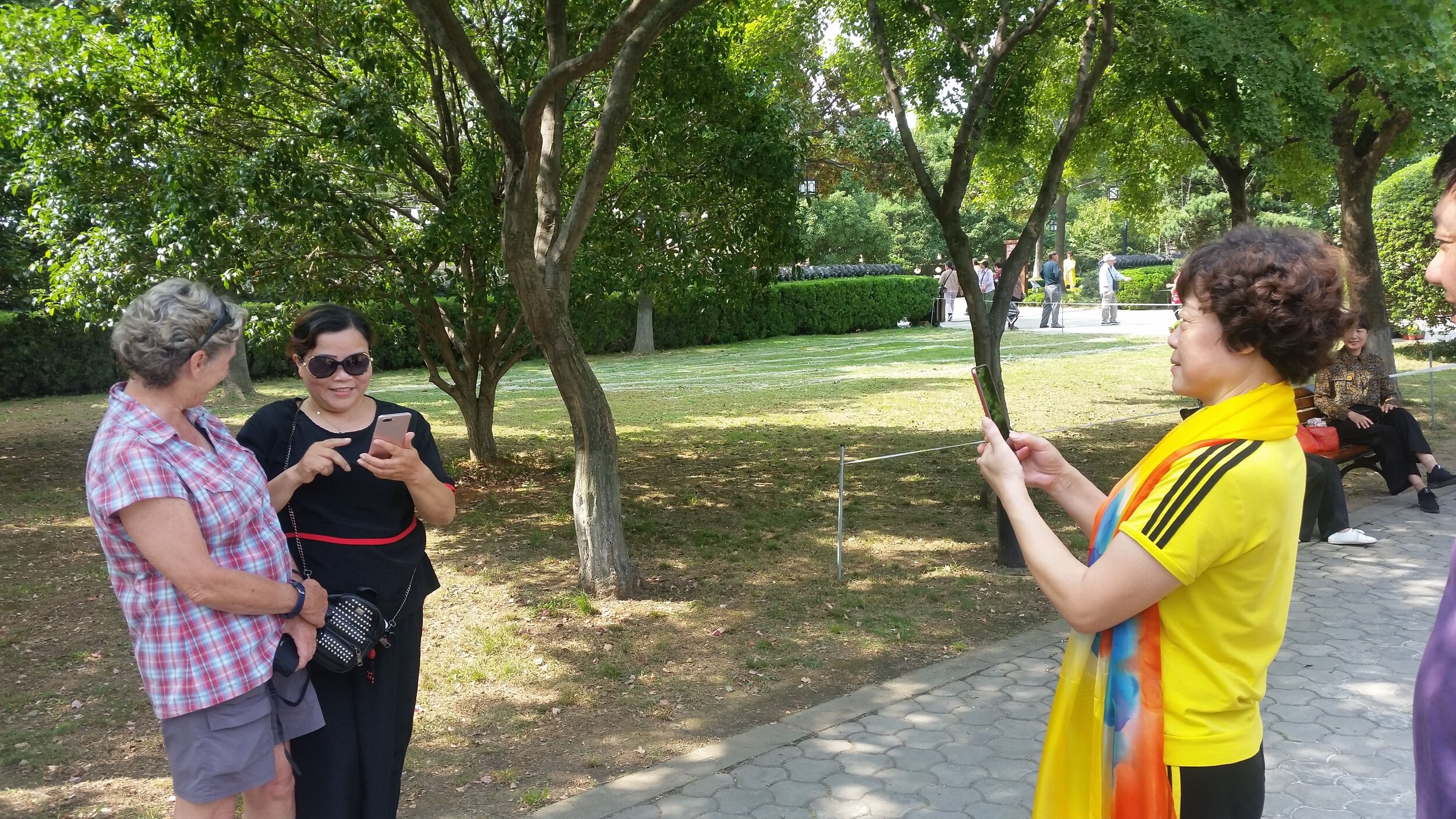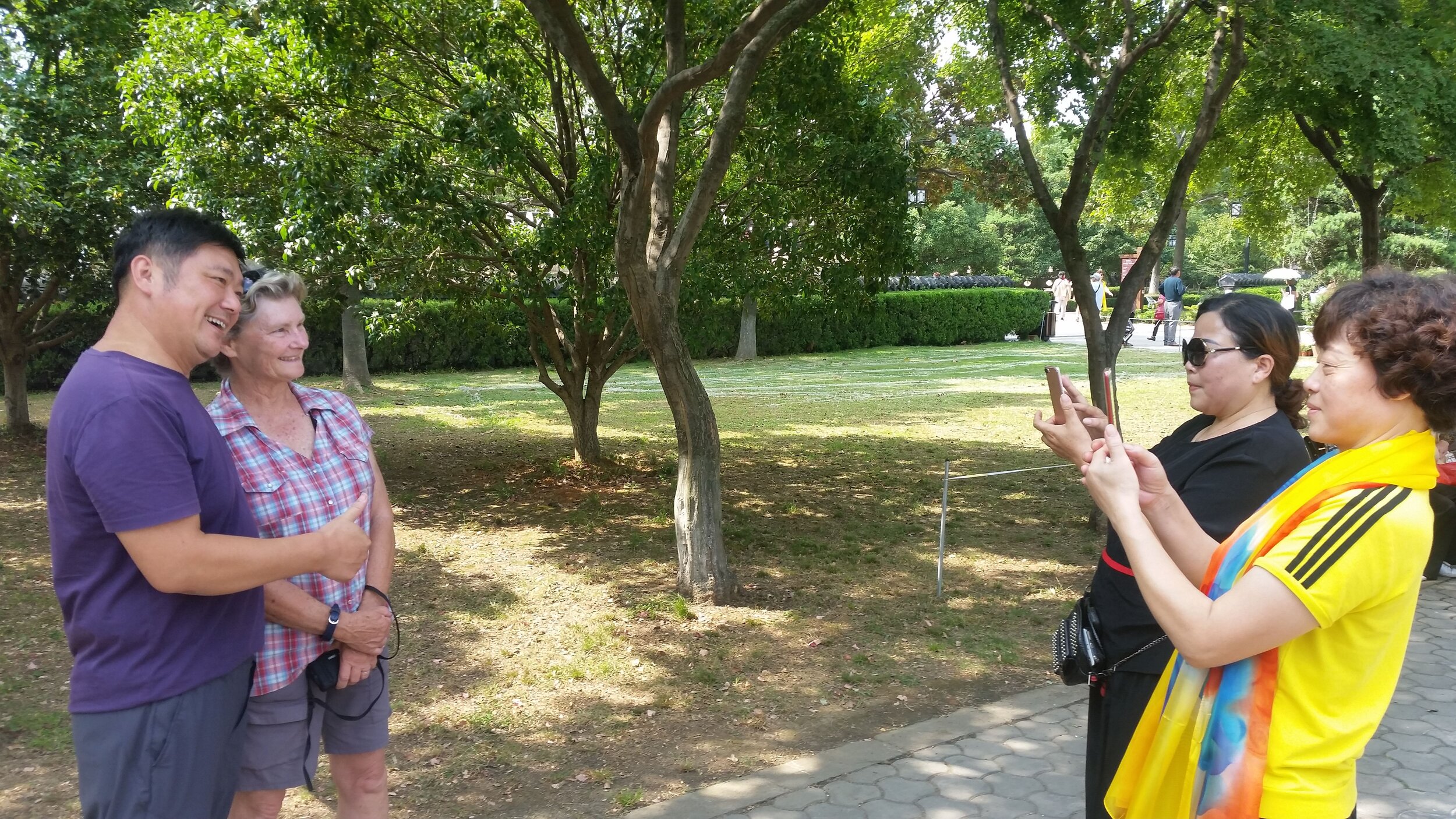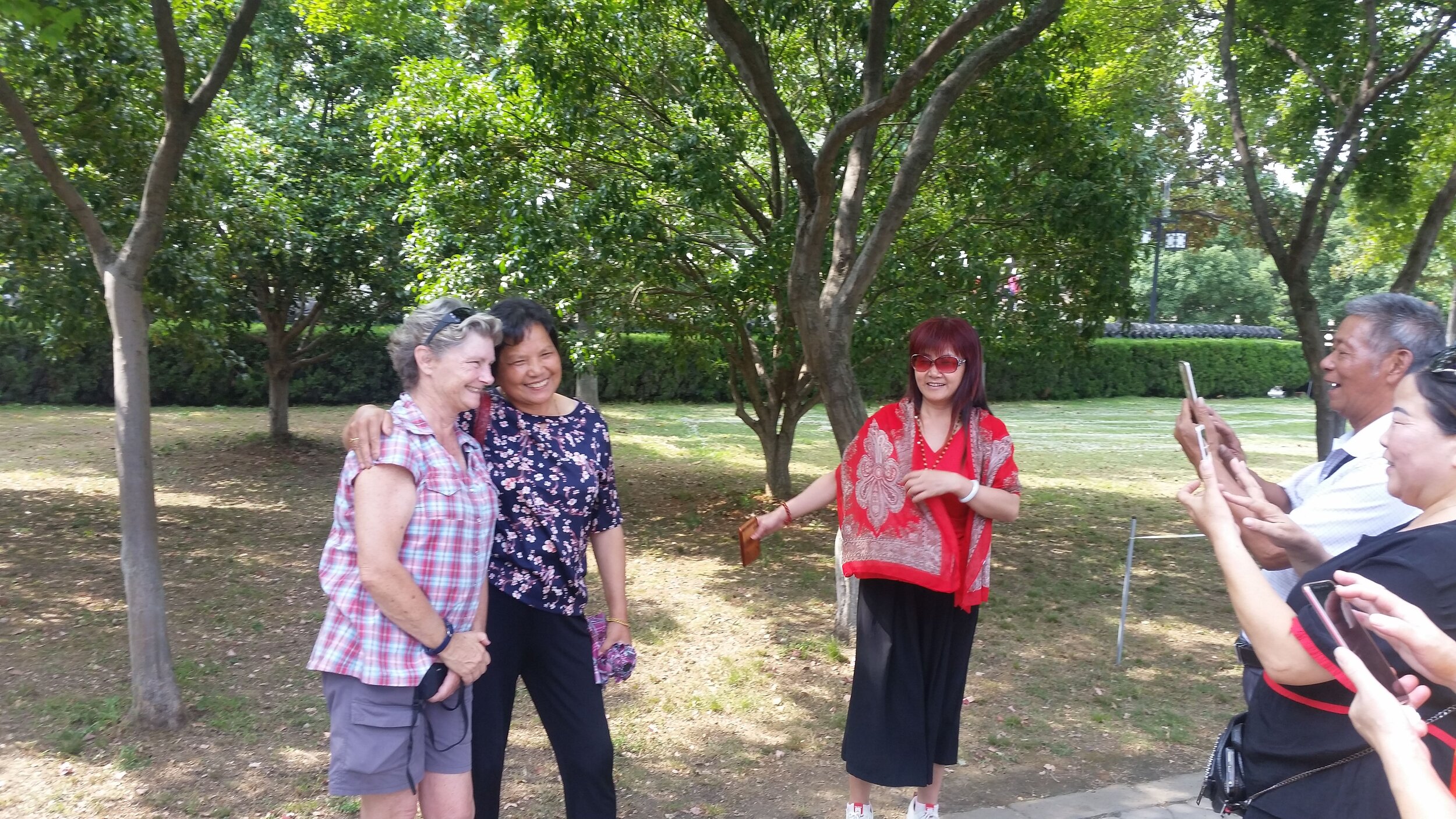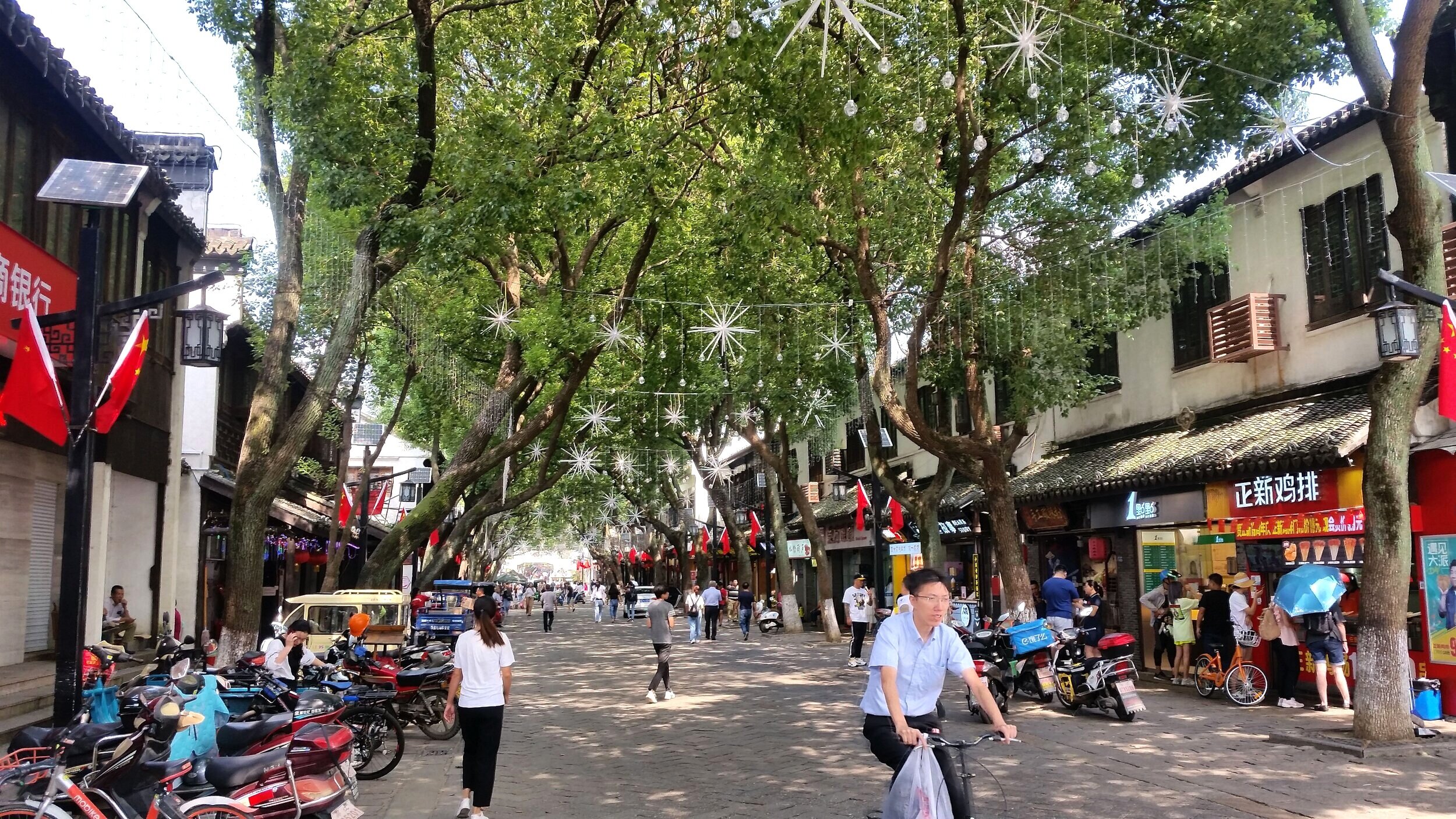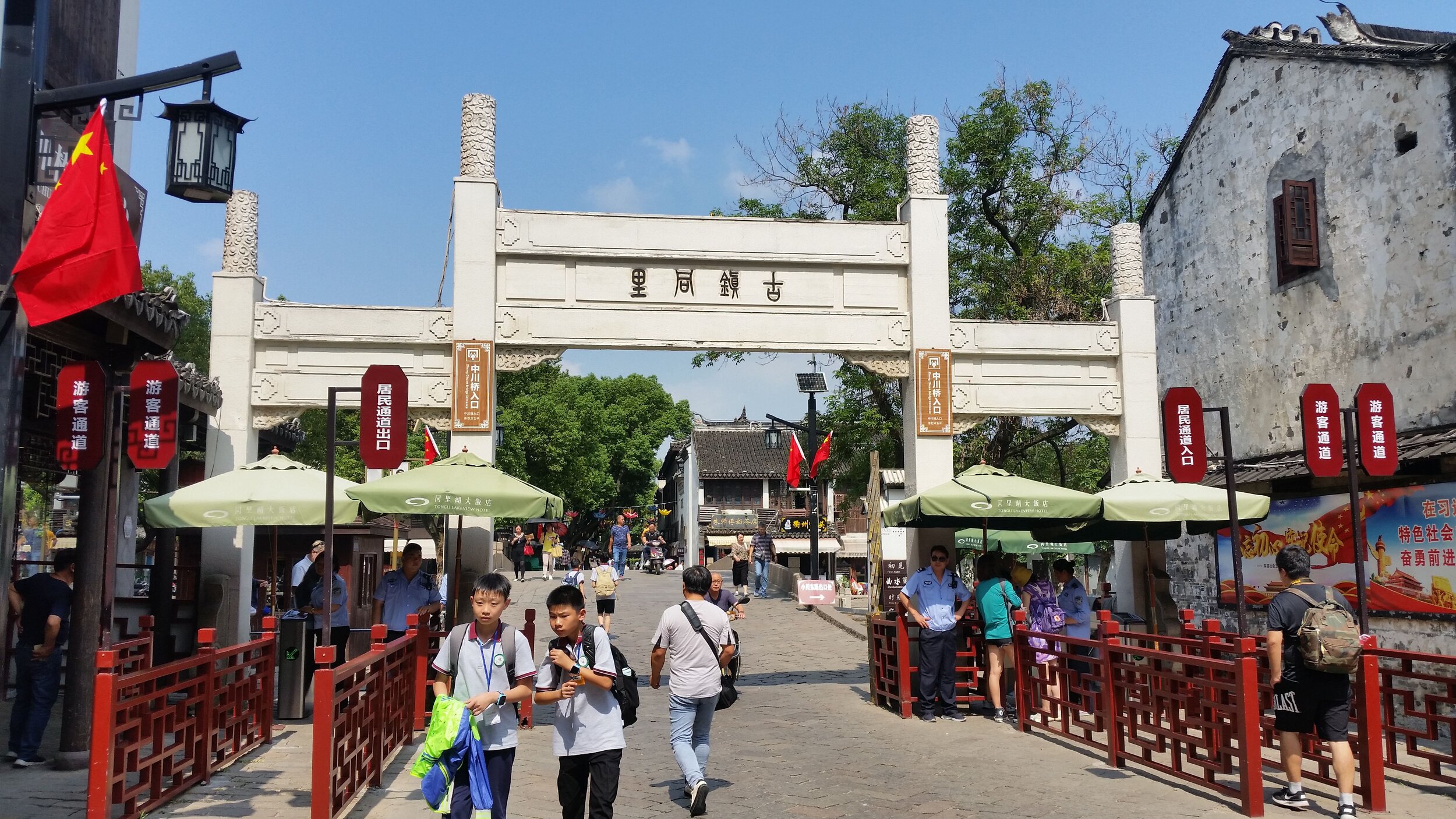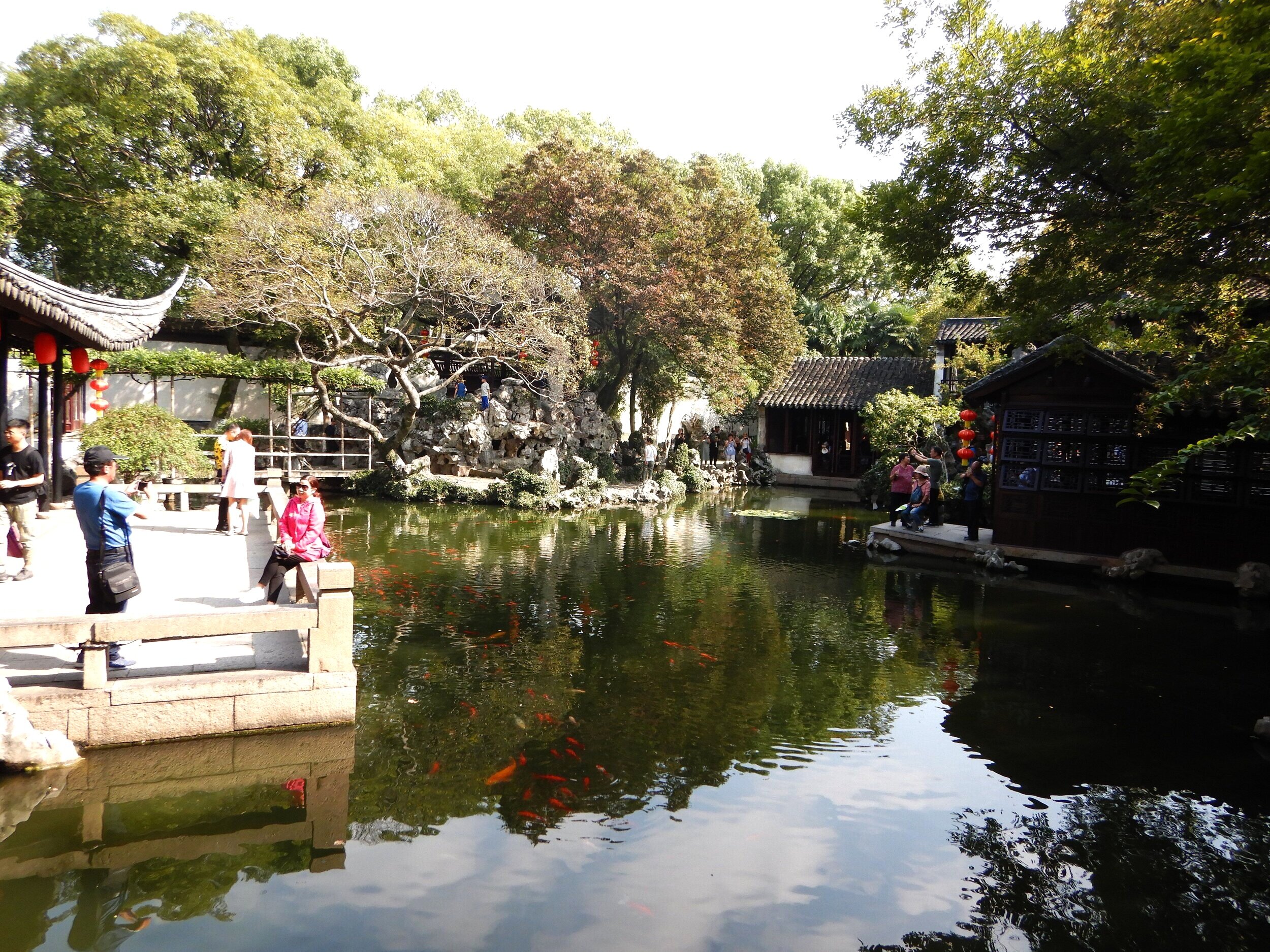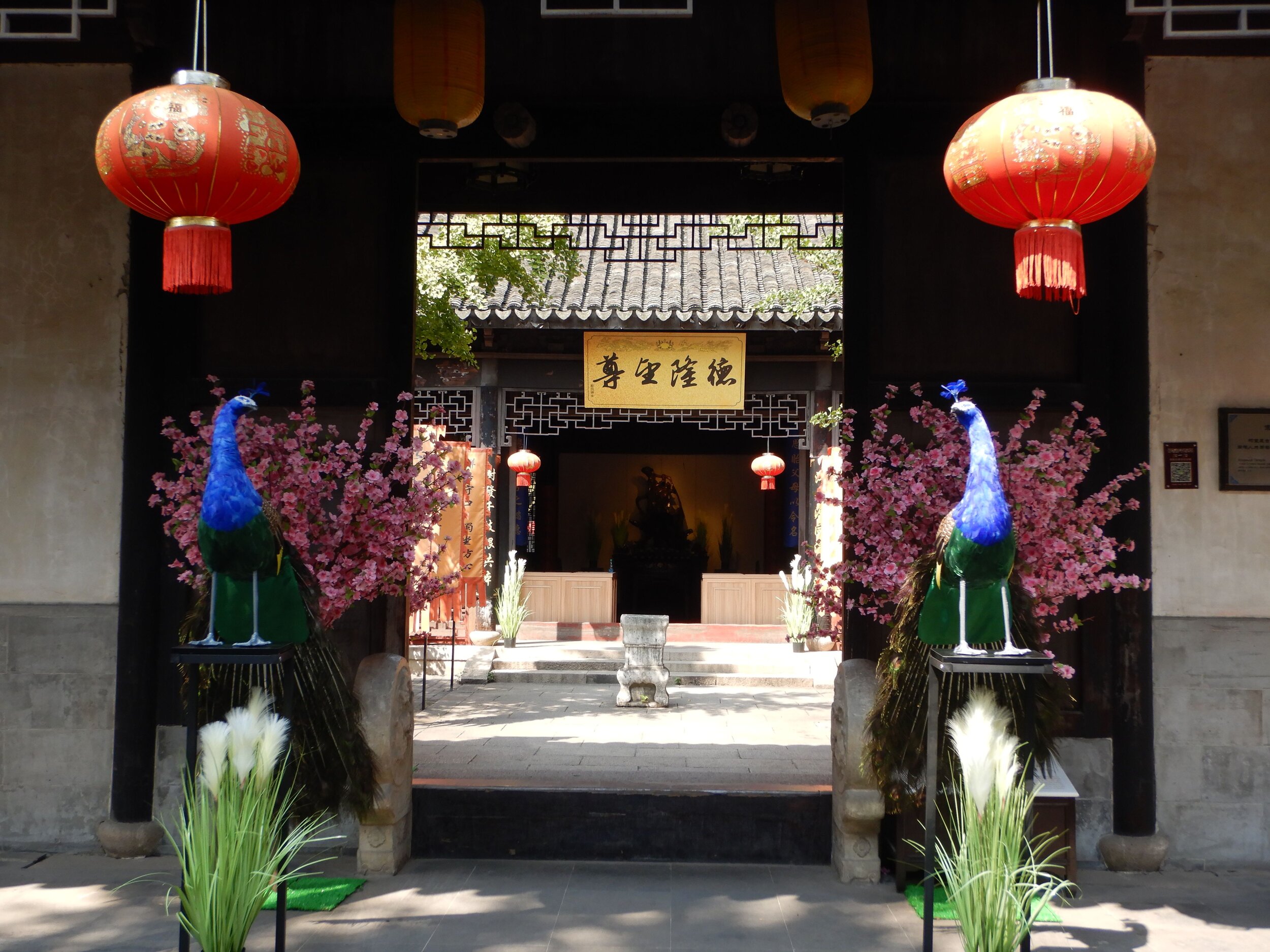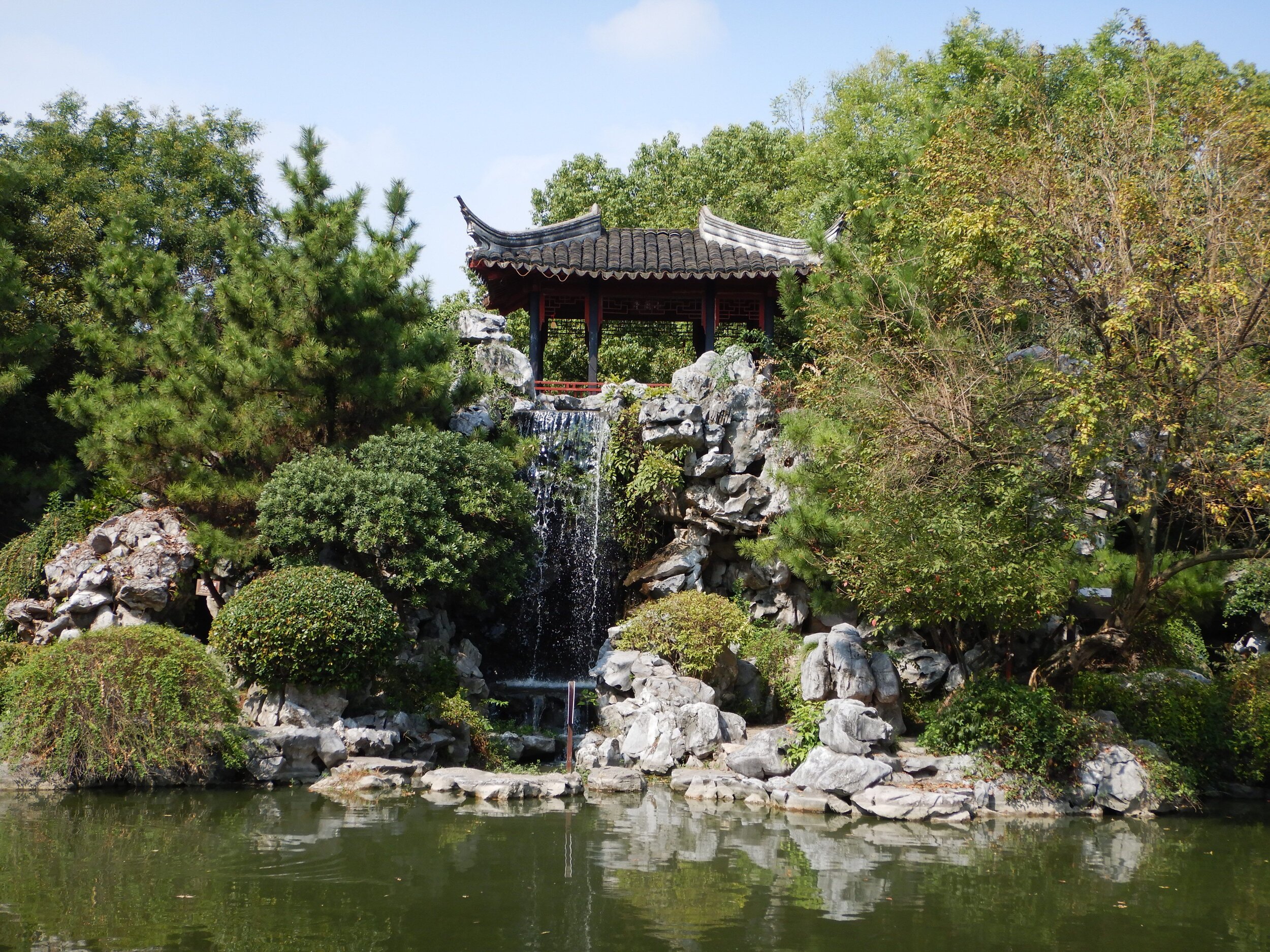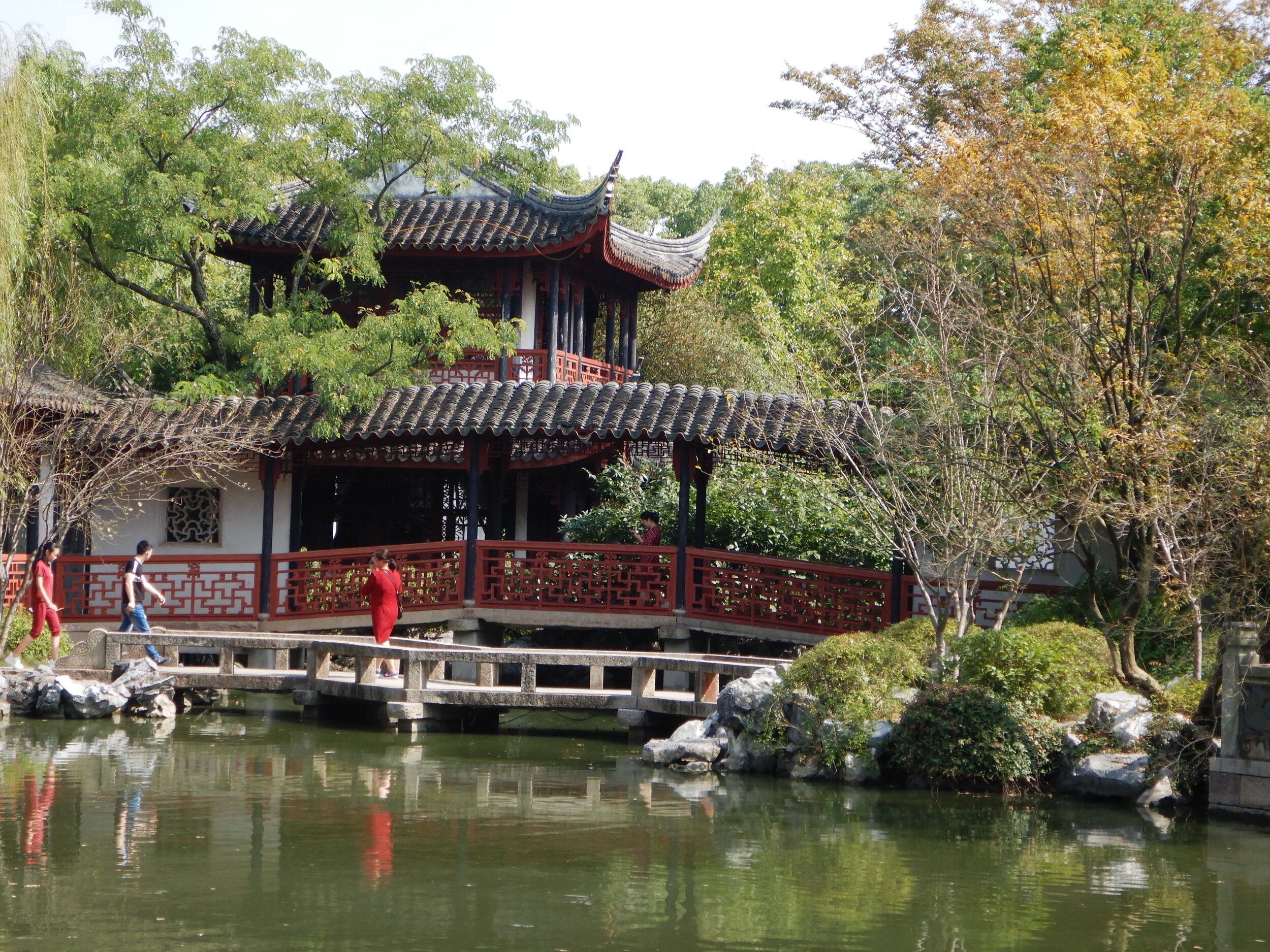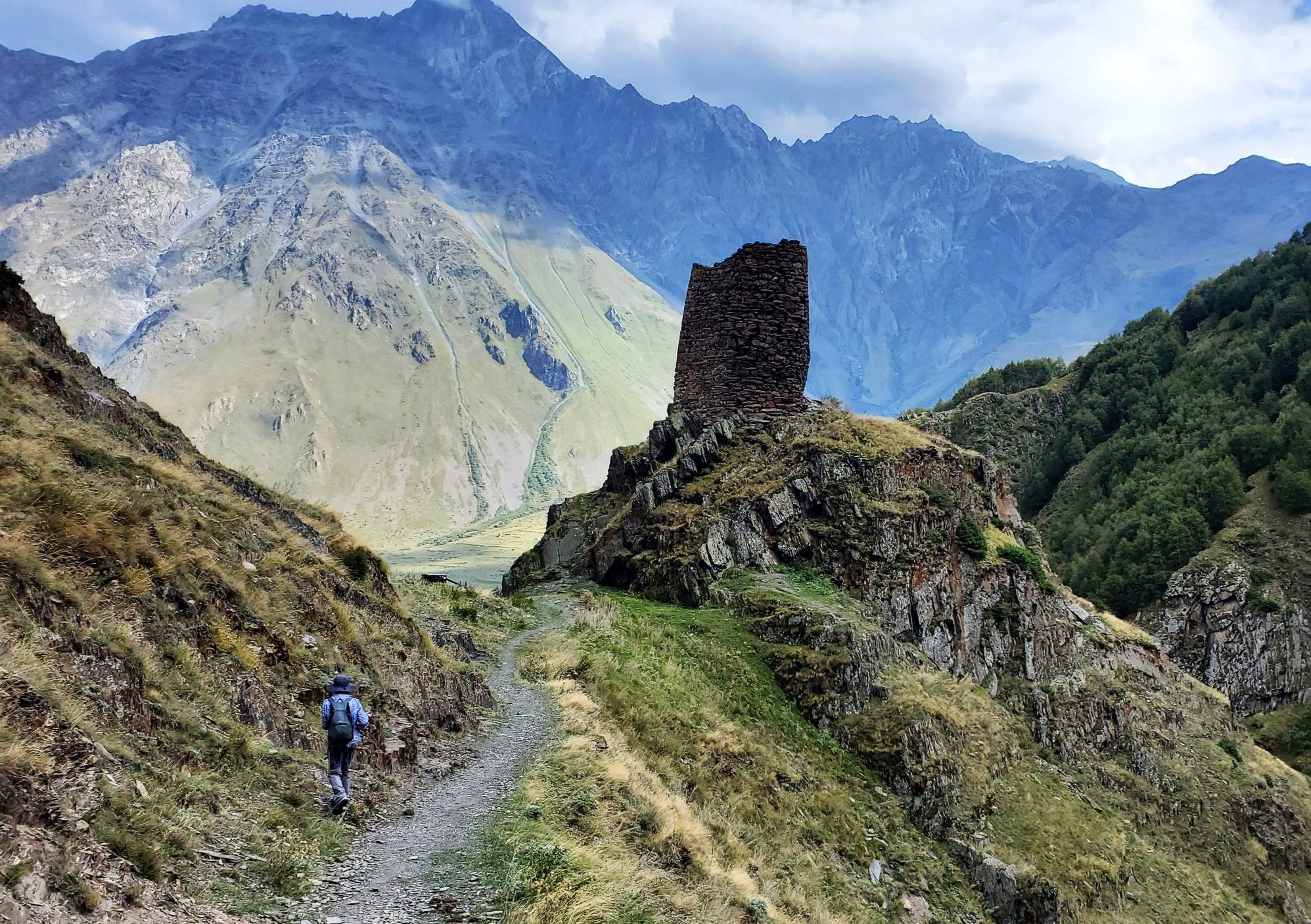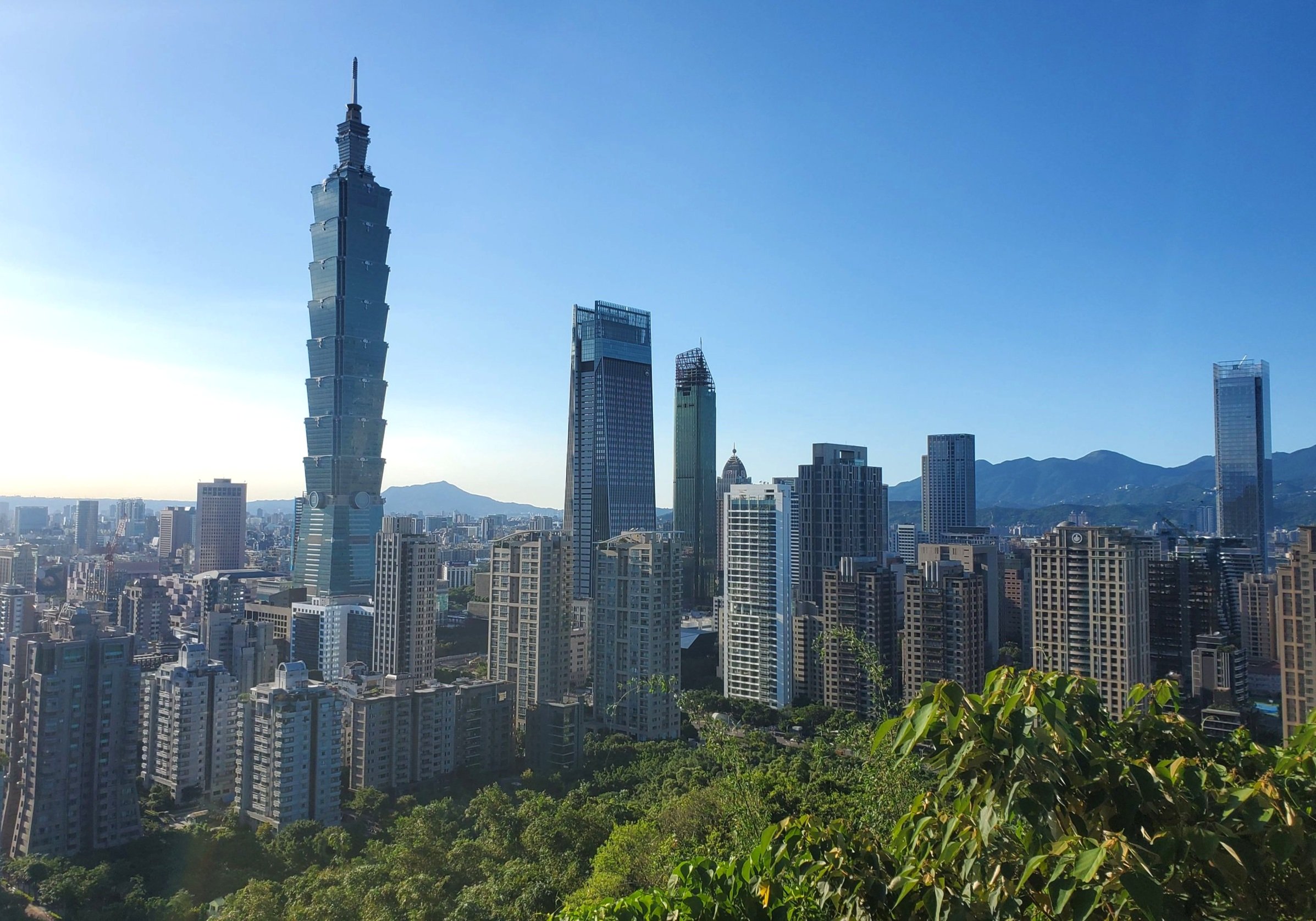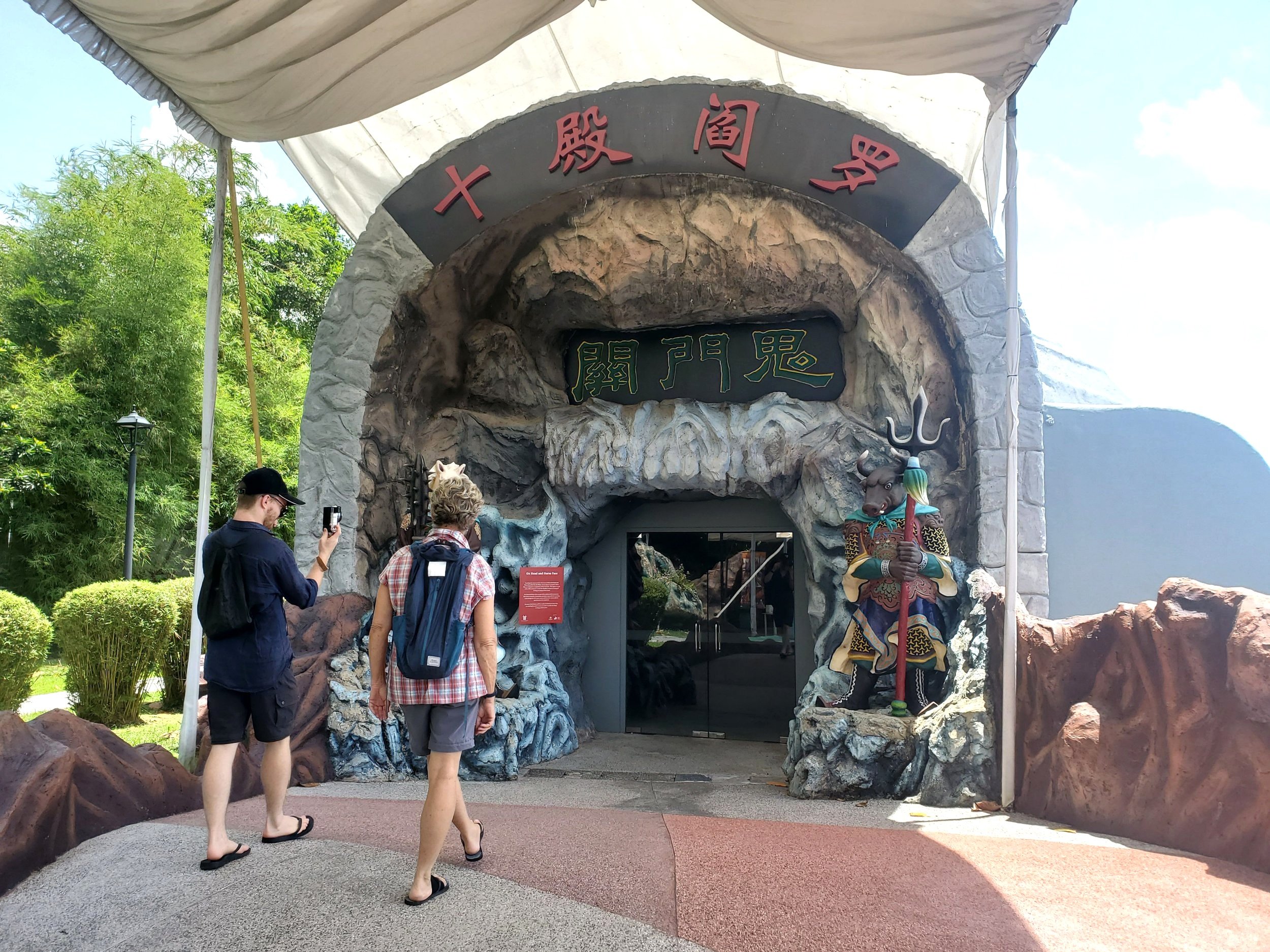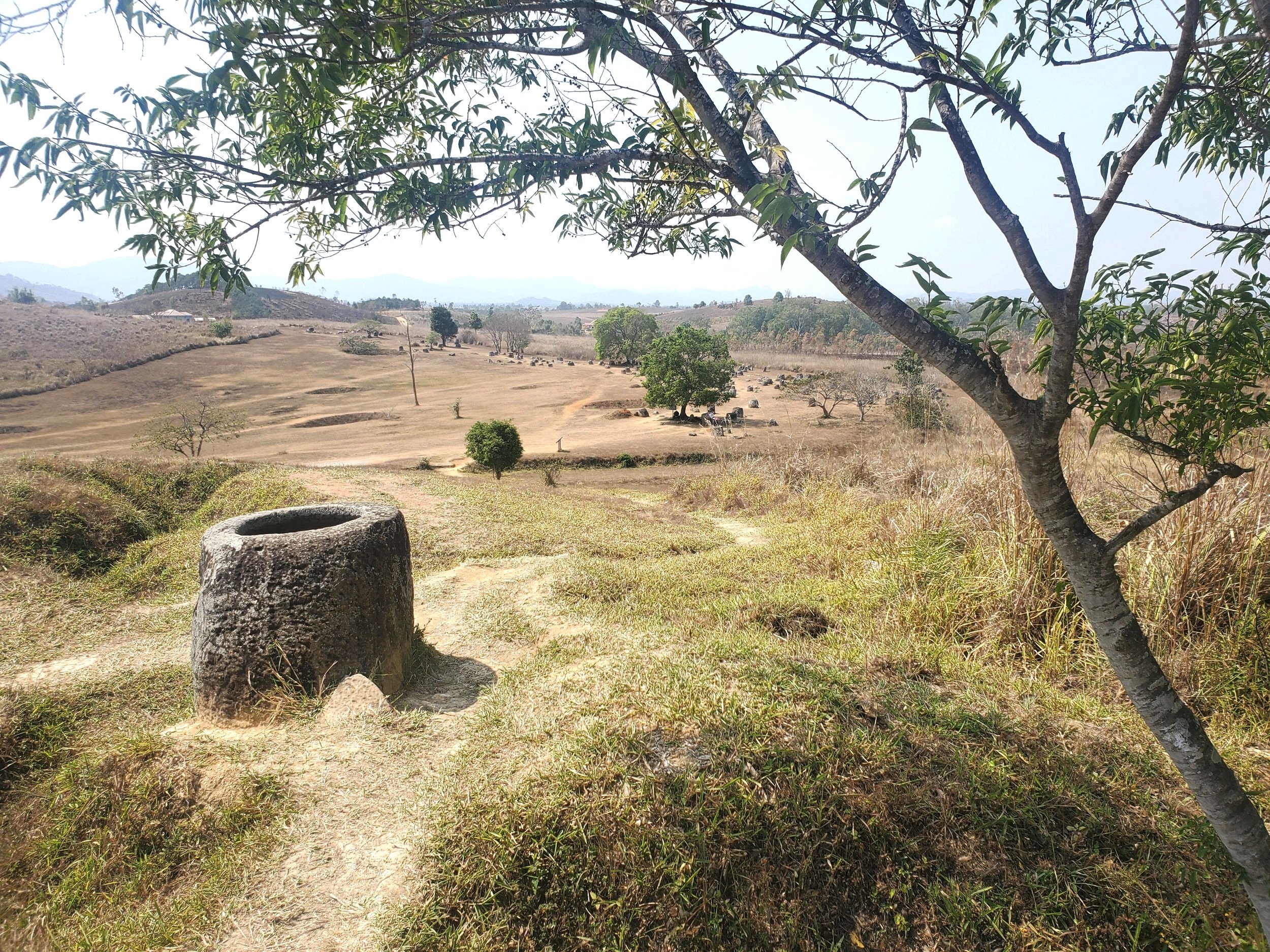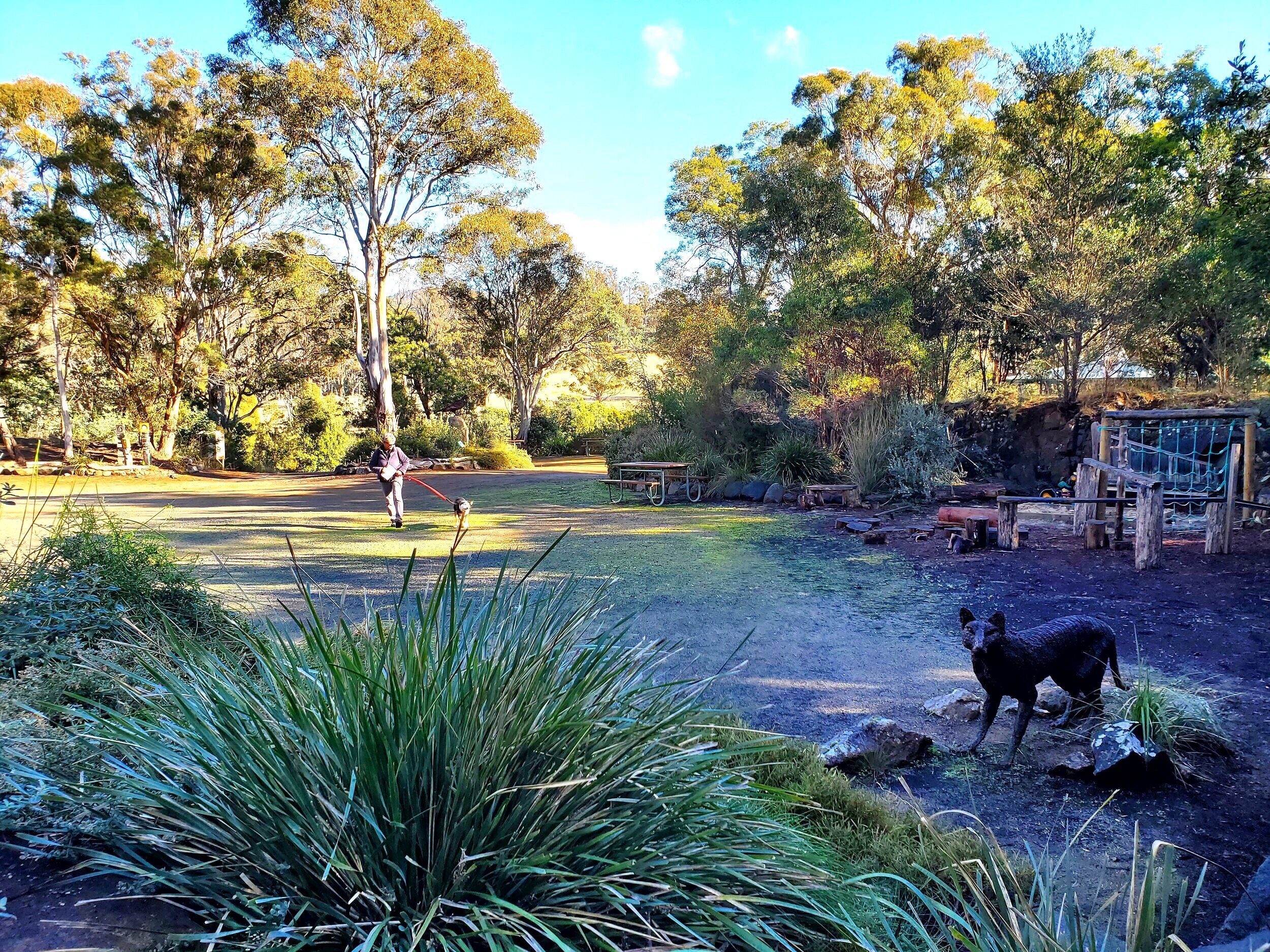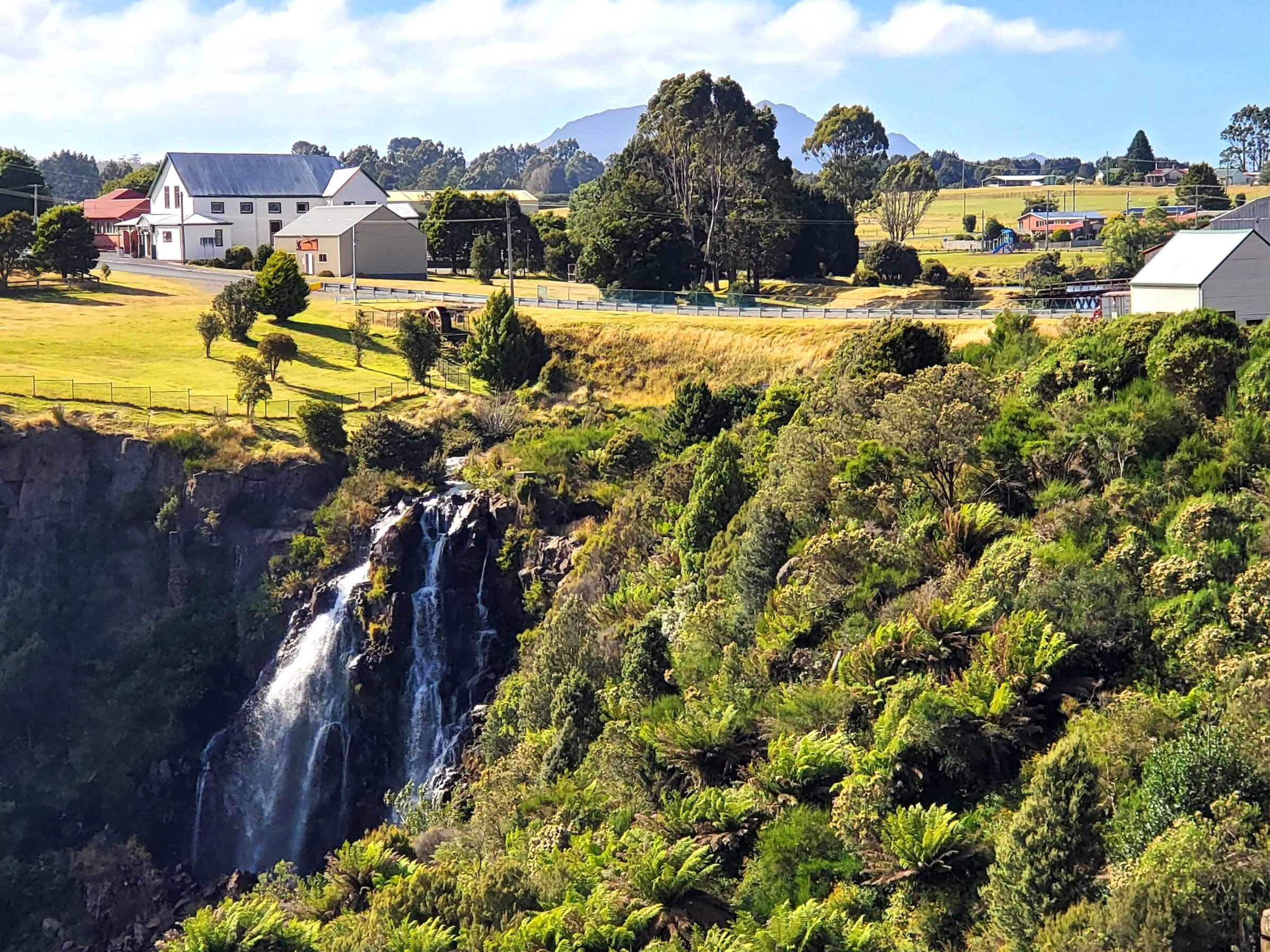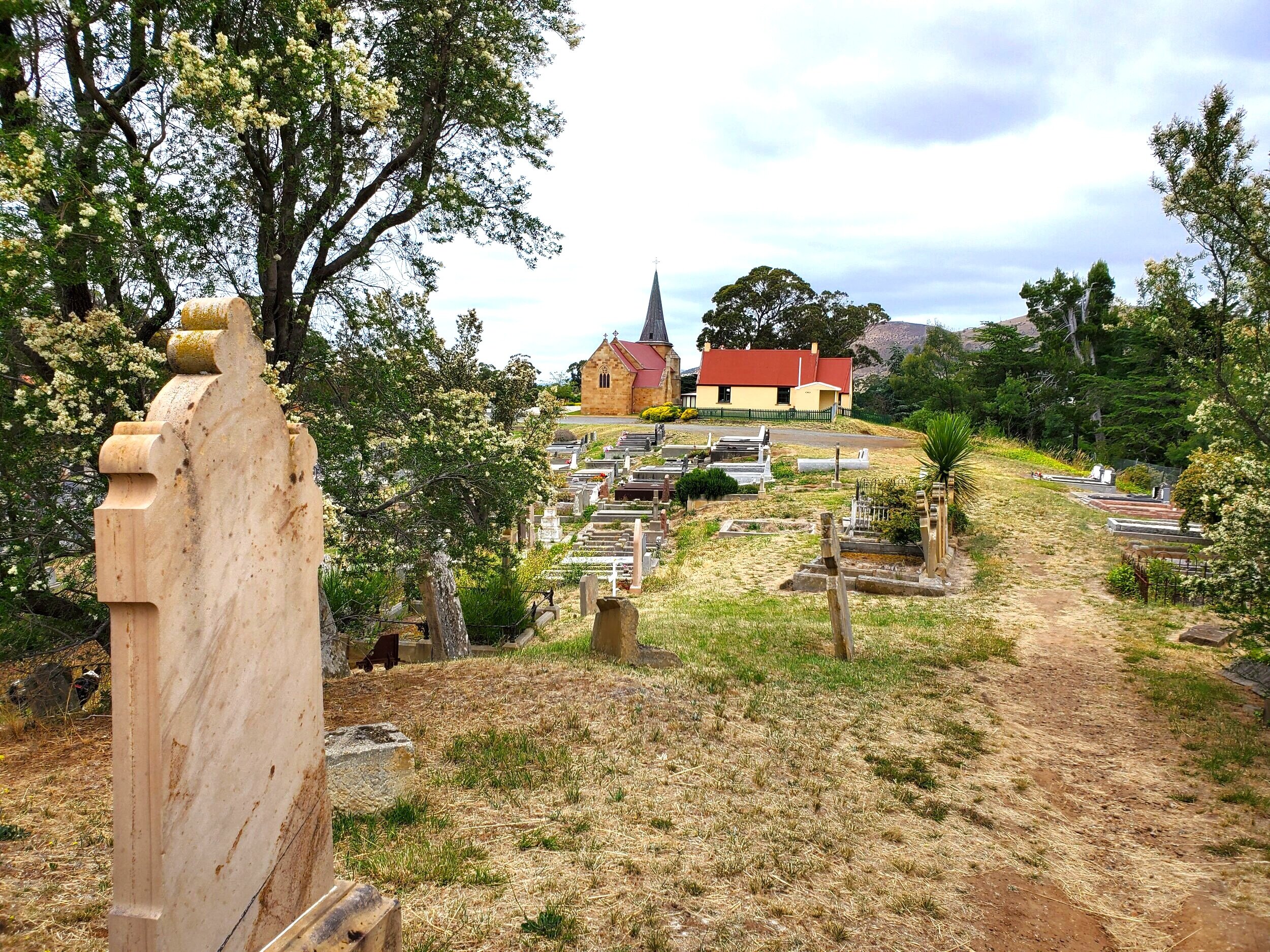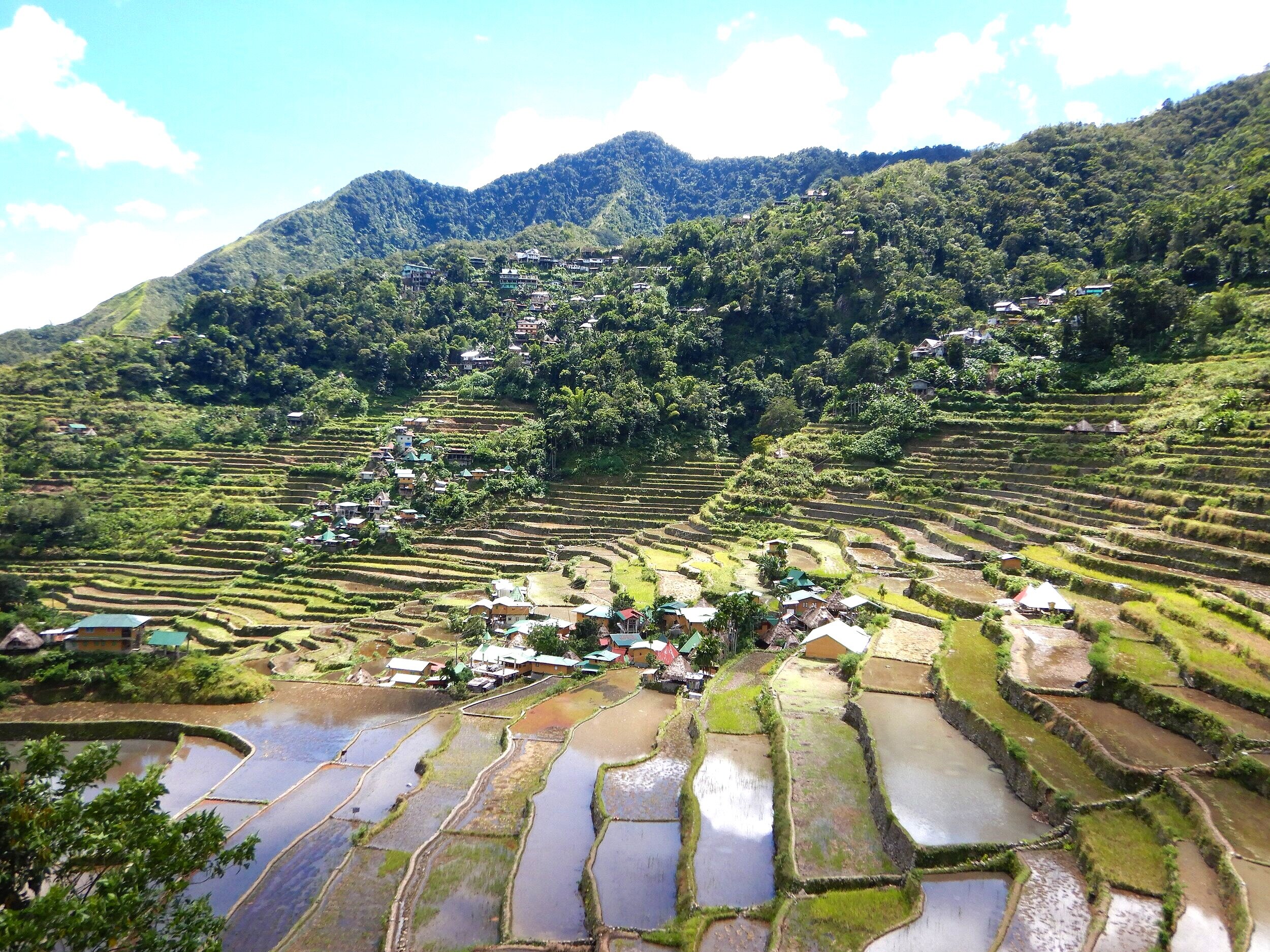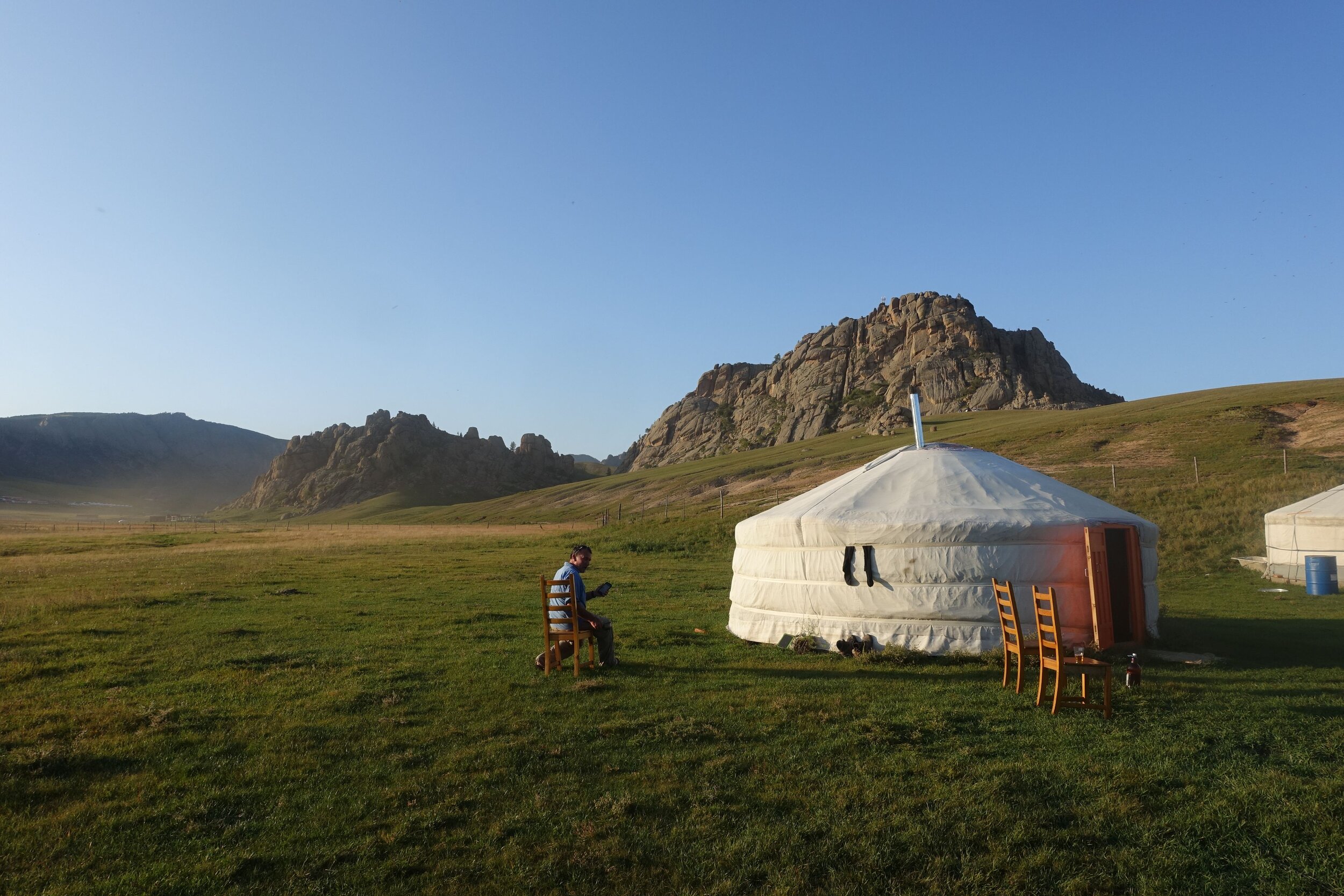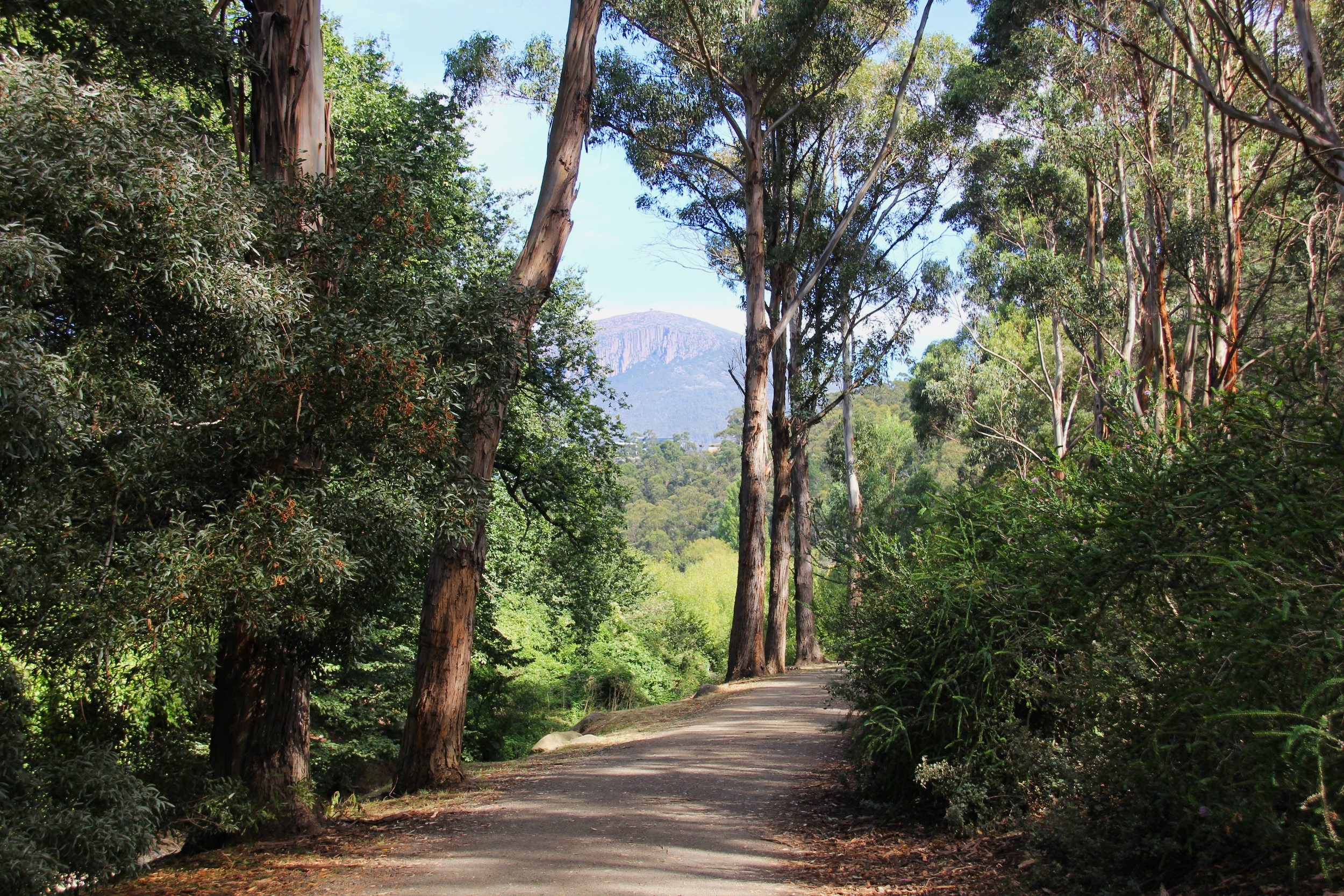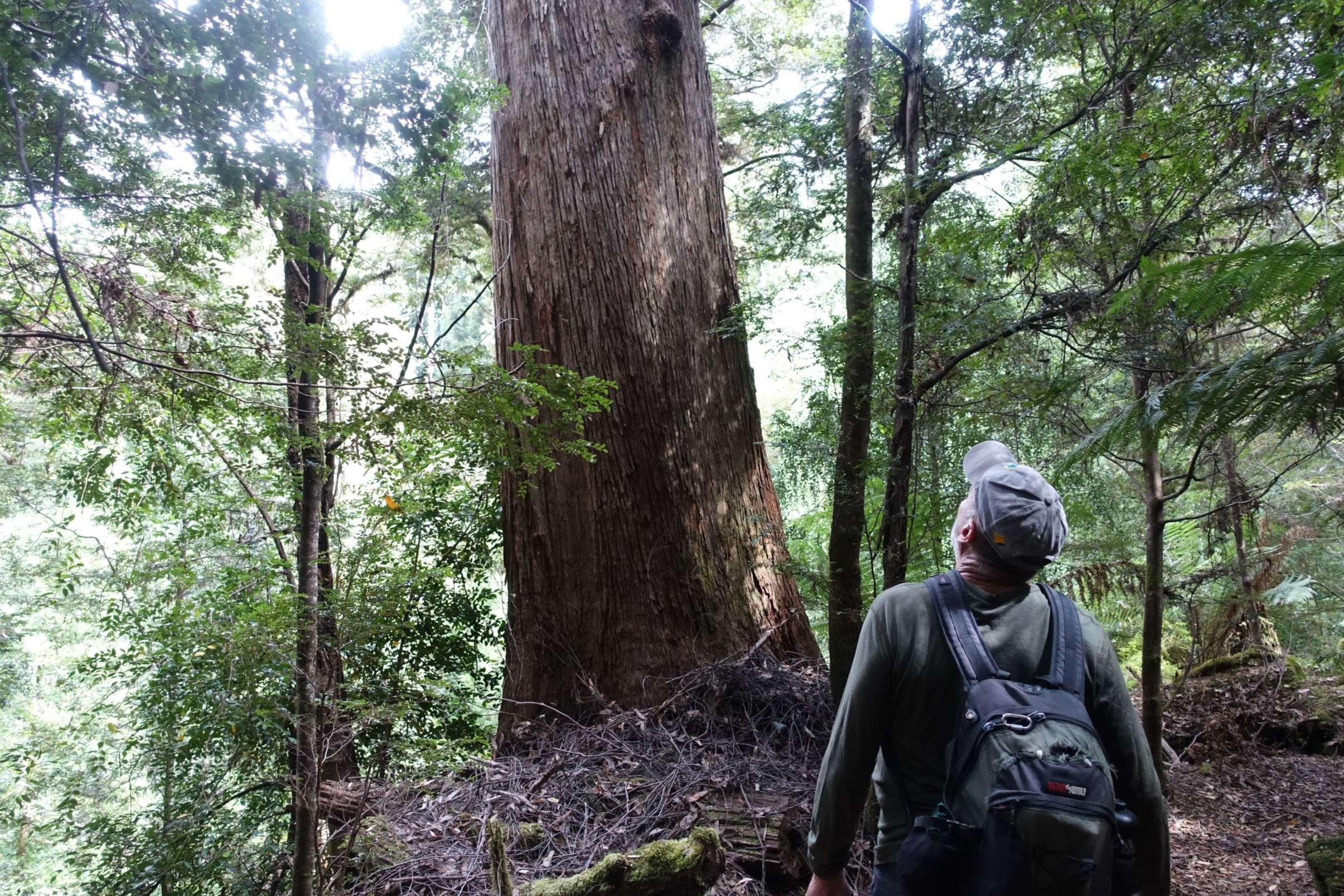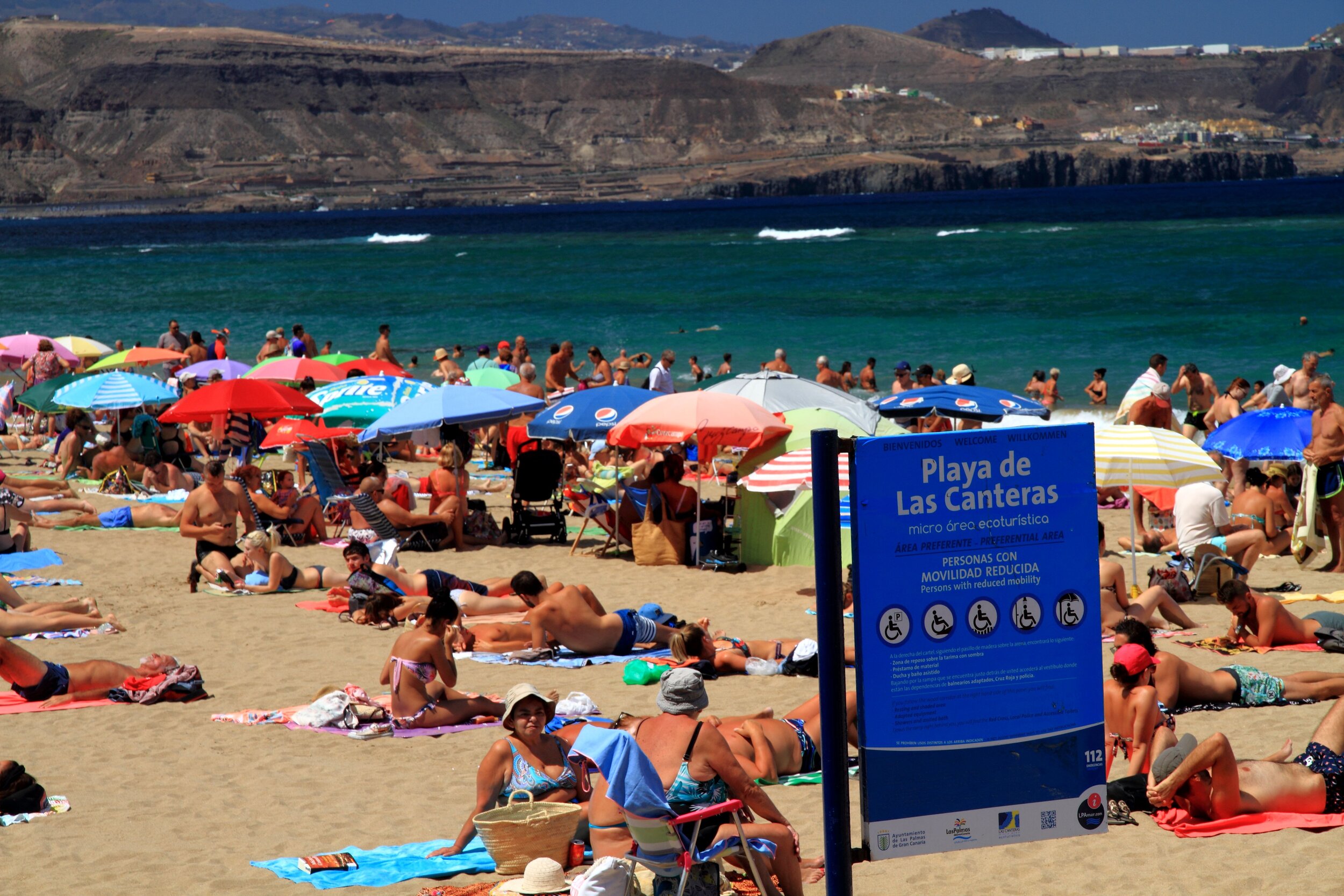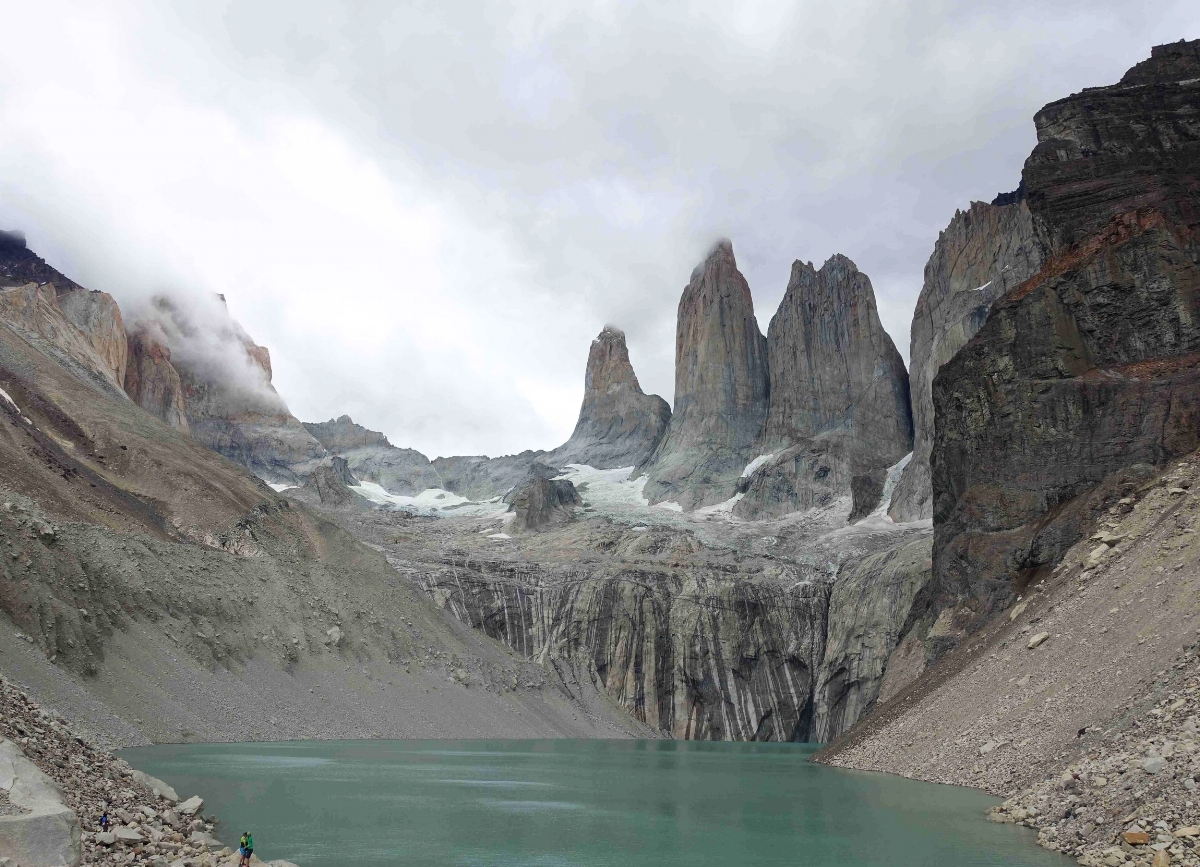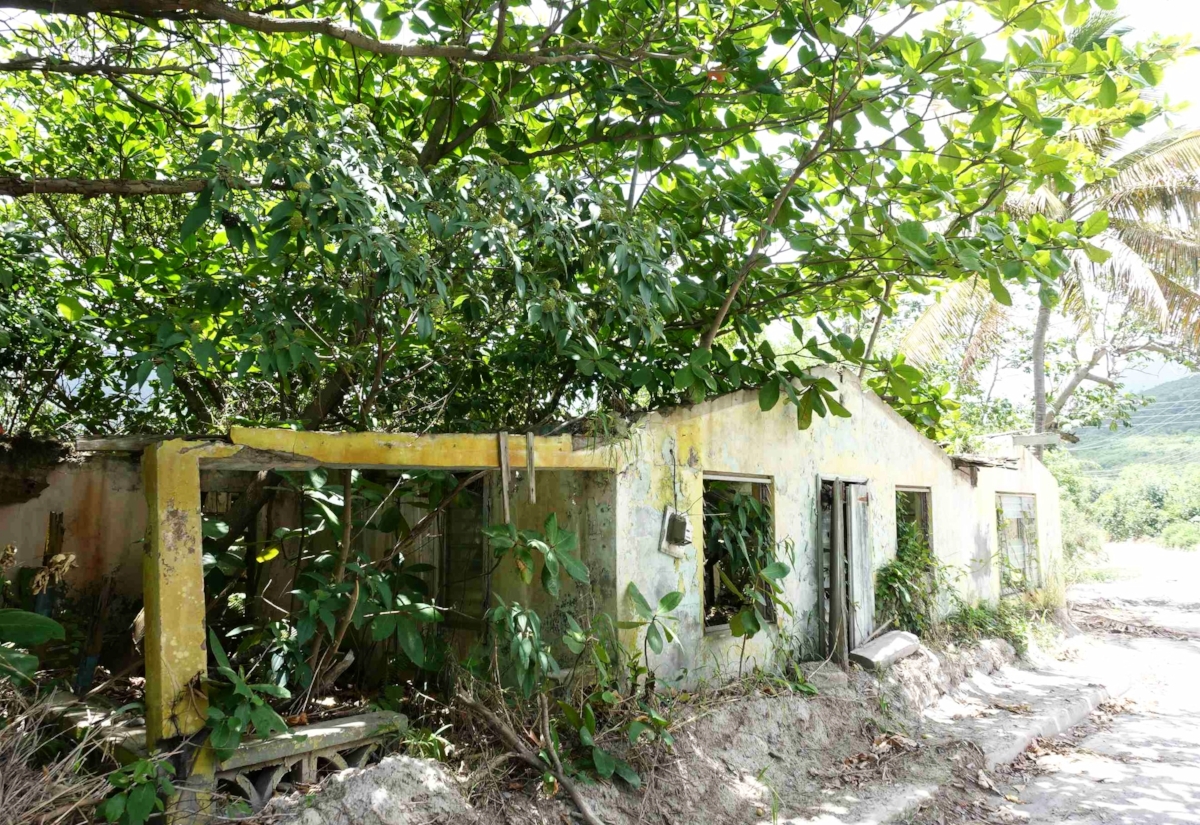Suzhou – China’s Venice of the East
/Introduction
In the province of Jiangsu, just 50 kms to the west of Shanghai, lies the city of Suzhou. The city of 1.4 million, small by Chinese standards, is 2500 years old and was a major silk production centre back in the 14th century.
The city is famous for its canals and gardens, having earned the moniker of “Venice of the East”. The region around Suzhou has a network of canals and attractive canal towns, all of which date back to the building of the Grand Canal, the world’s longest canal, which runs 1776 kms from Beijing in the north to Hangzhou in the south. Construction was commenced in the 5th century BCE and completed in 609 AD. While today most of the UNESCO listed Grand Canal is not navigable, the southern section around Suzhou is the exception, with significant usage to this day.
The other big draw card in Suzhou are its famous gardens, some dating back hundreds of years.
We spent a few days in the region in September 2019 and found it both a pleasant and interesting part of the country. Here are a few highlights.
Pingjiang Lu
This narrow pedestrian street gives the best sense of what Suzhou’s canal heyday would’ve been like. While it can be a little crowded at times it offers the best opportunities for canal-based photography.
There are some nice, low-rise traditional style houses off some of the side streets.
This is also a good place to grab a souvenir.
Or dress up as an emperor or empress.
And, if in need of a break, there a plenty of spots for a cold beer or a meal.
Garden of the Master of Nets
As mentioned Suzhou’s other claim to fame apart from the canals are its gardens.
One of the most popular is the Garden of the Master of Nets. It gets its name from a previous owner who was a retired official turned fisherman.
Originally laid out in the 12th century, this small garden packs a lot into a tight area. There is plenty to explore and enjoy.
Humble Administrator’s Garden
In contrast to the modestly sized Garden of the Master of Nets the Humble Administrator’s Garden is Suzhou’s largest historic garden.
First built in 1509, at over 5 hectares, there are many water features, bridges and pavilions.
Pan Gate Scenic Area
This area gets its name from the Pan Gate, Suzhou’s remaining original gate, which dates from 1355.
The gate is connected to 300 metres of the original city walls.
Adjacent to the gate is the arched Wumen Bridge.
wumen bridge
In the same complex is Wuxiang temple.
There we also found a few weird and wonderful exhibits such as the Christmassy Eiffel Tower display. Not sure what was going on there as it was September.
Like a lot of our travels in China there didn’t seem to be many independent foreign travellers, so we were a bit of a novelty. Hence, we elicited a lot of requests for selfies from local people.
Tongli
There are a number of canal towns in close proximity to Suzhou. As we only had limited time, we decided to visit just one and chose the town of Tongli, some 18 kms from Suzhou city.
Tongli
After strolling through the modern part of Tongli on arrival we came to the historic old town.
Here the canals with their gondolas and traditional architecture made for a very worthwhile visit.
We also checked out the Tuisi Garden which is within the old town.
Conclusion
On the main route between Nanjing and Shanghai, Suzhou and the neighbouring canal towns make for an easy stopover. We found it to be more relaxed than most of the other cities we’d been to on our four week trip around the eastern part of the country. And there was plenty to see and do. Definitely add it to your China itinerary.
Ken and Cally













